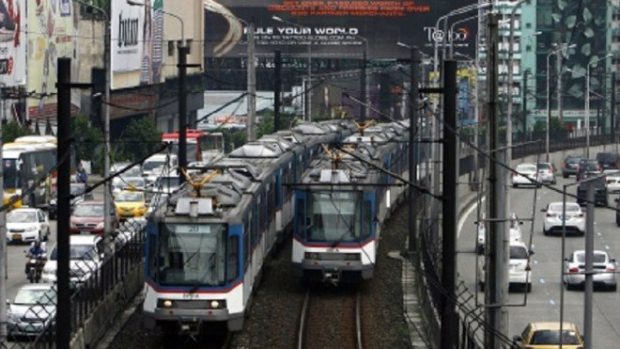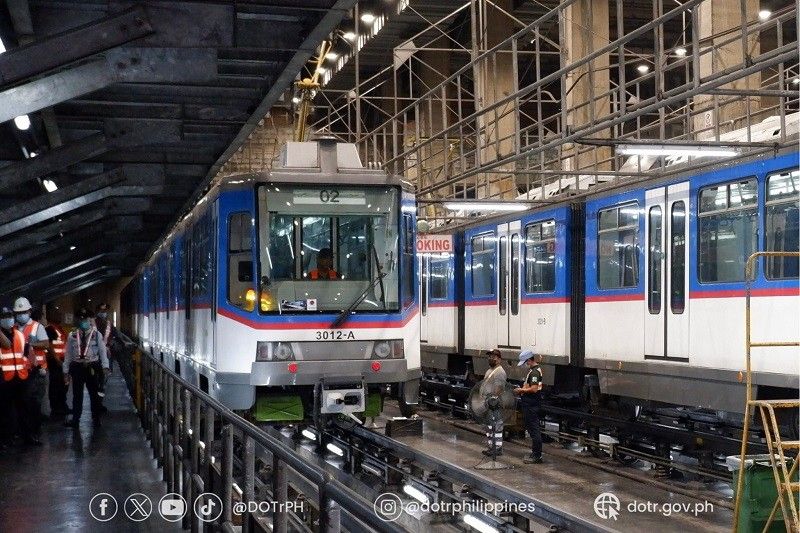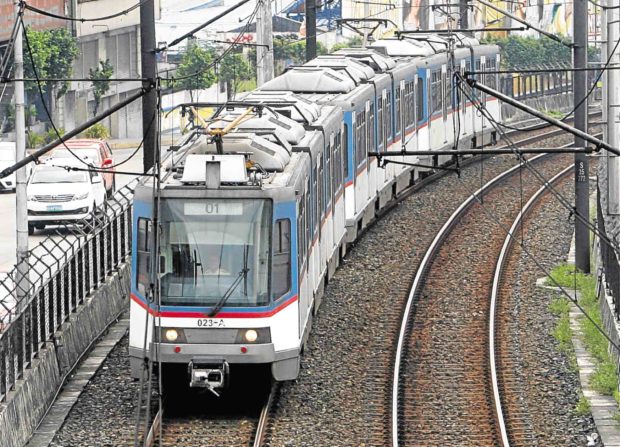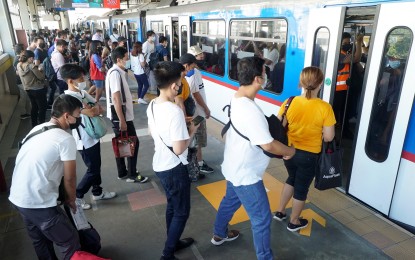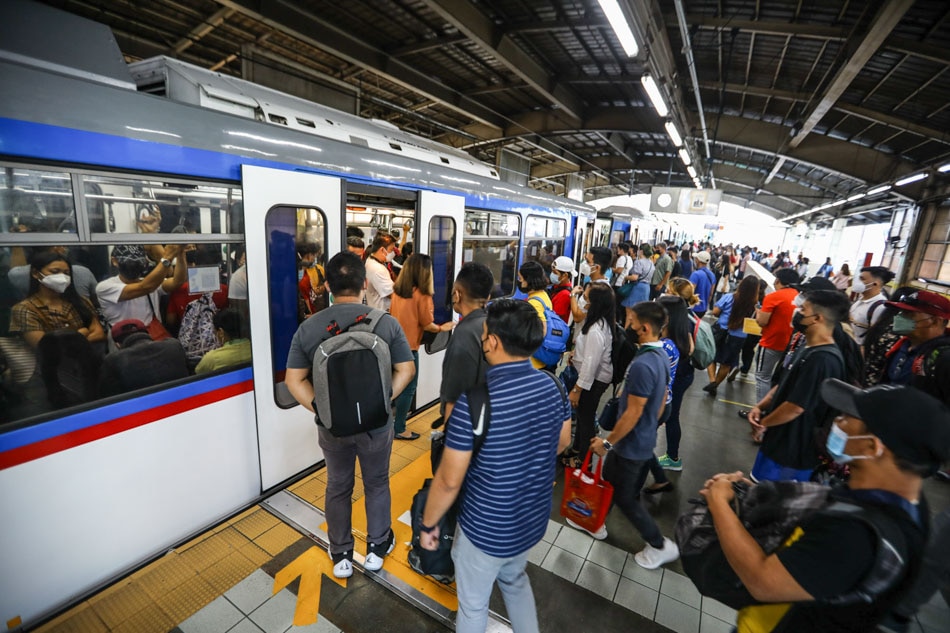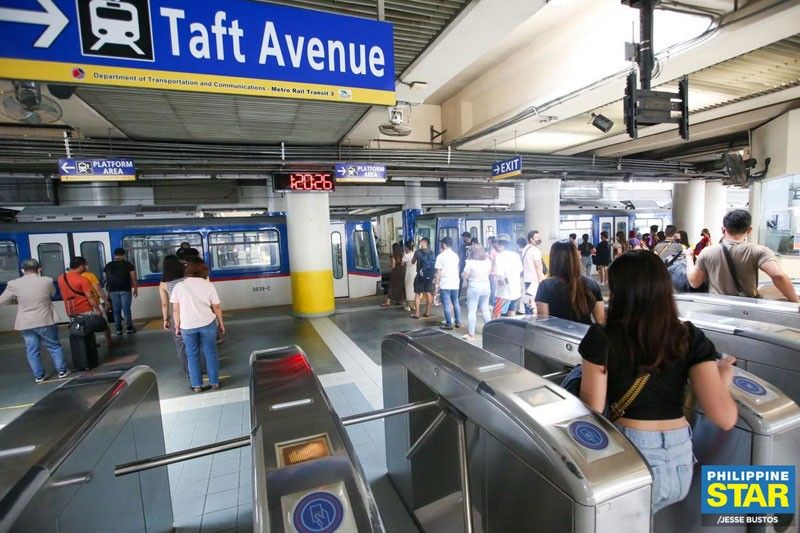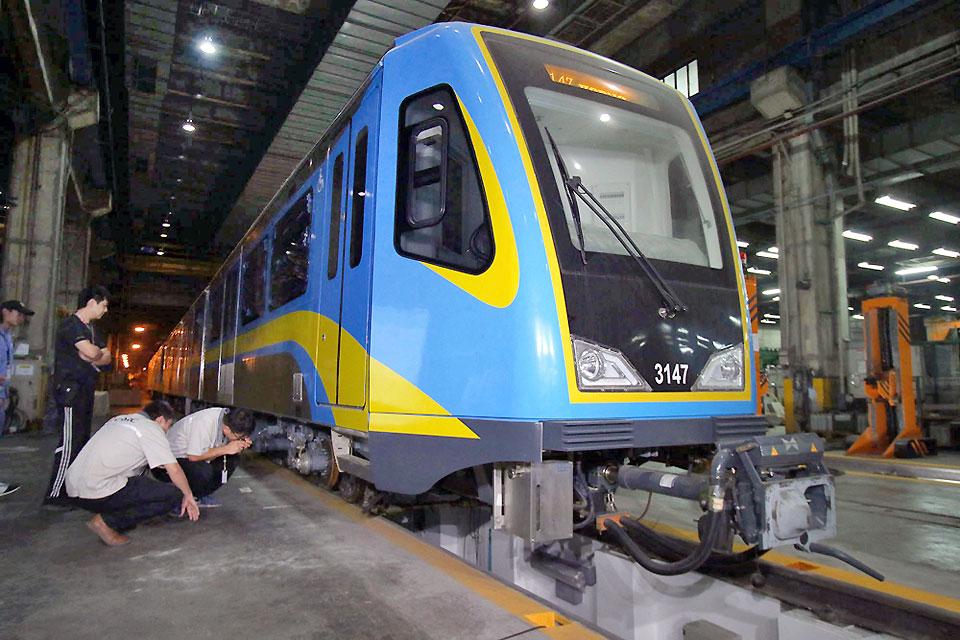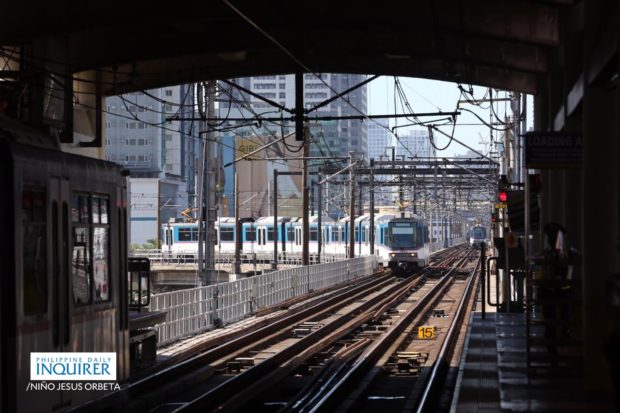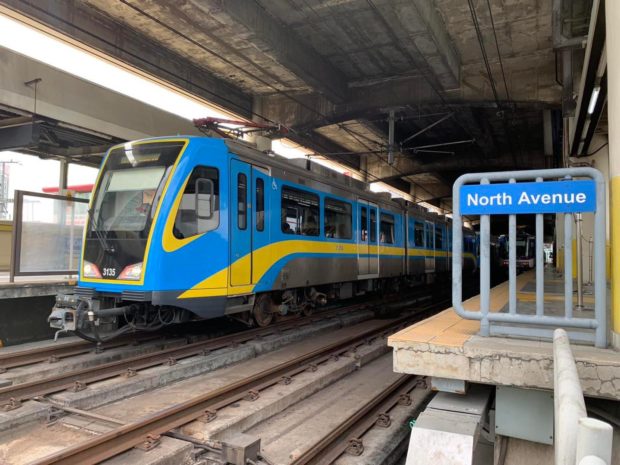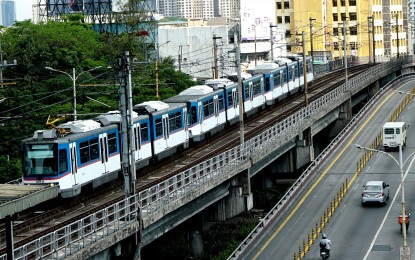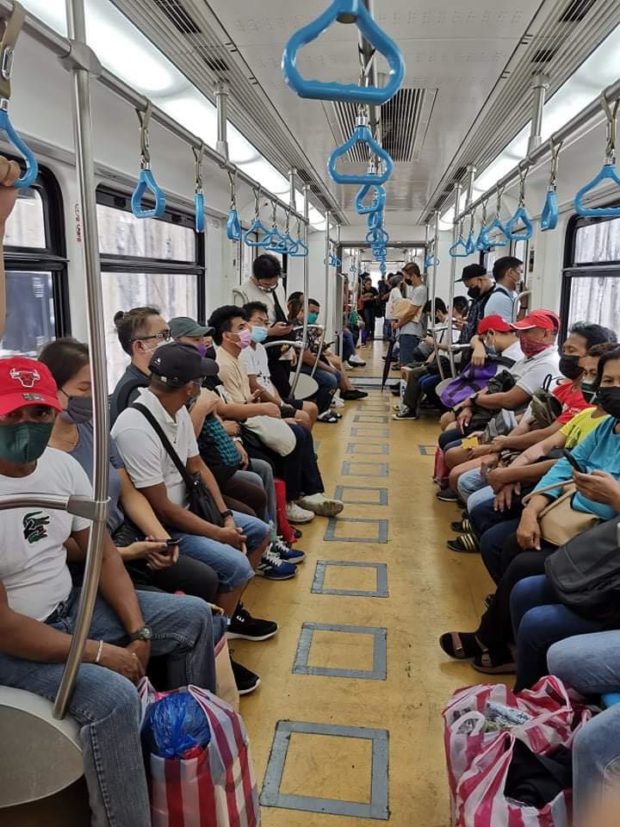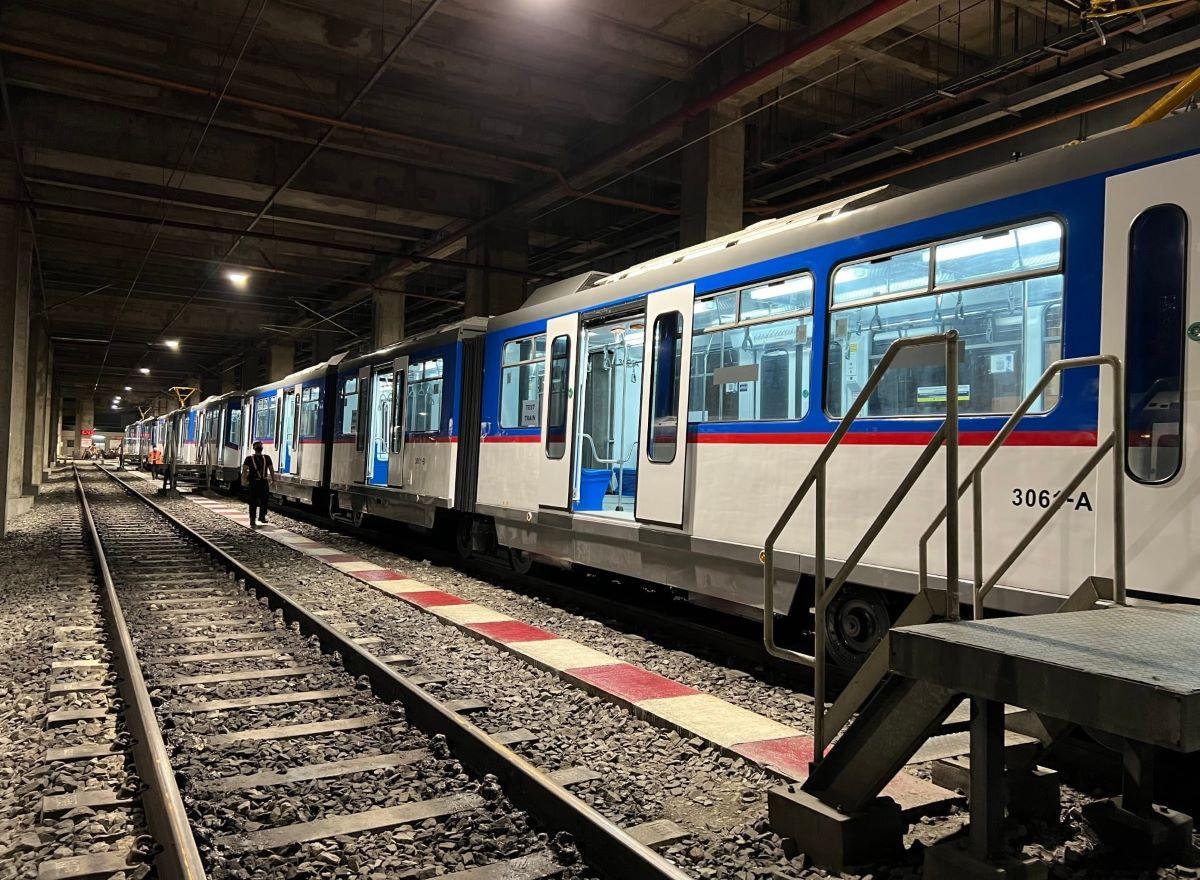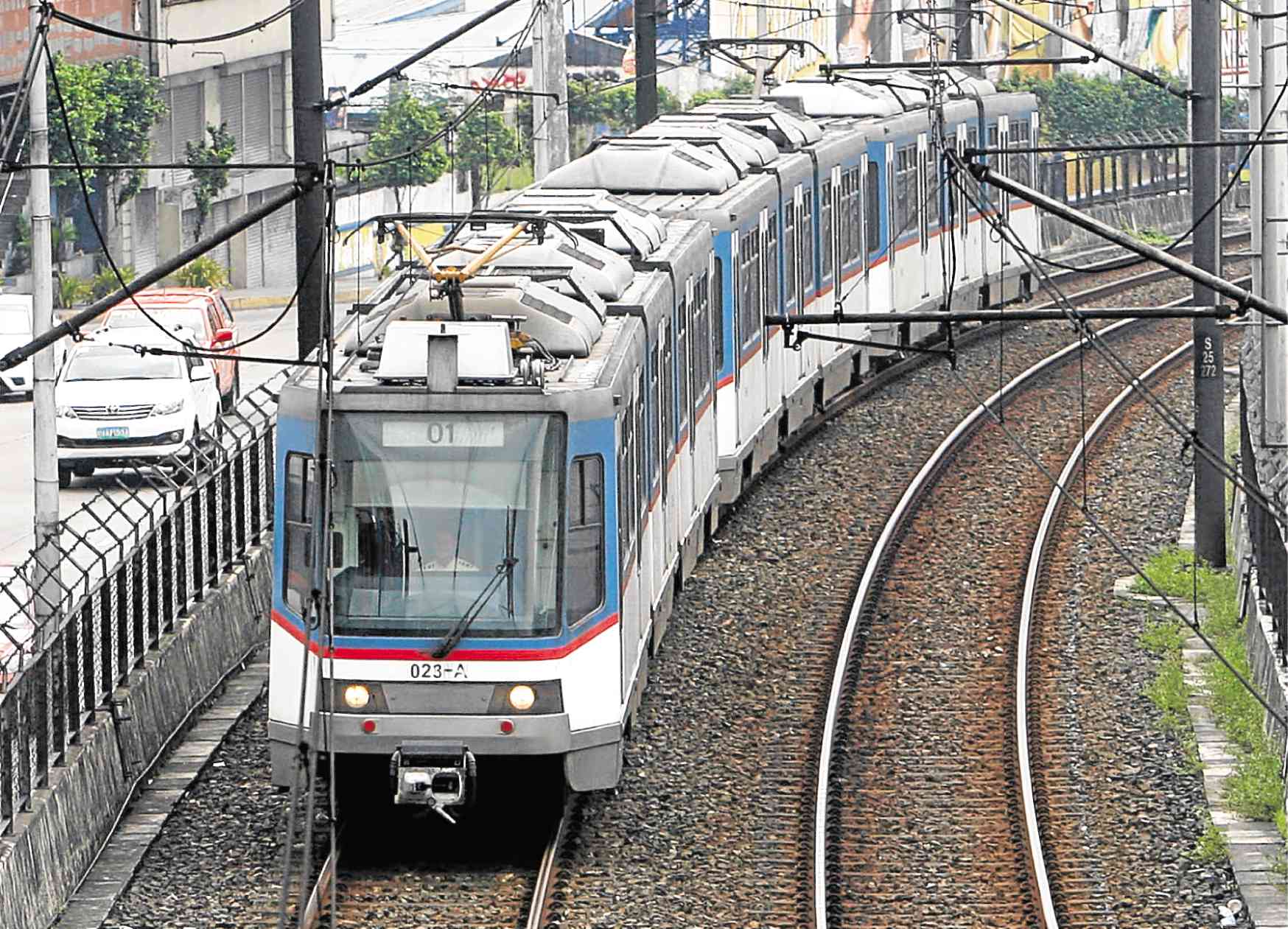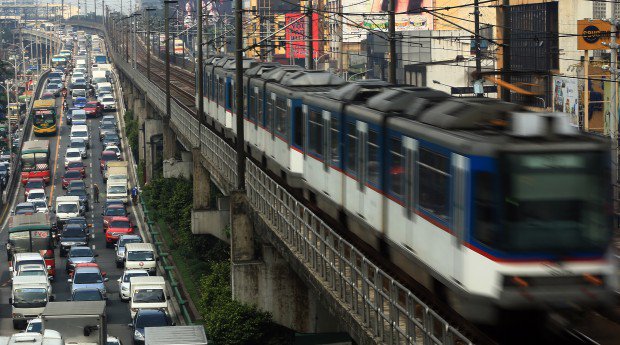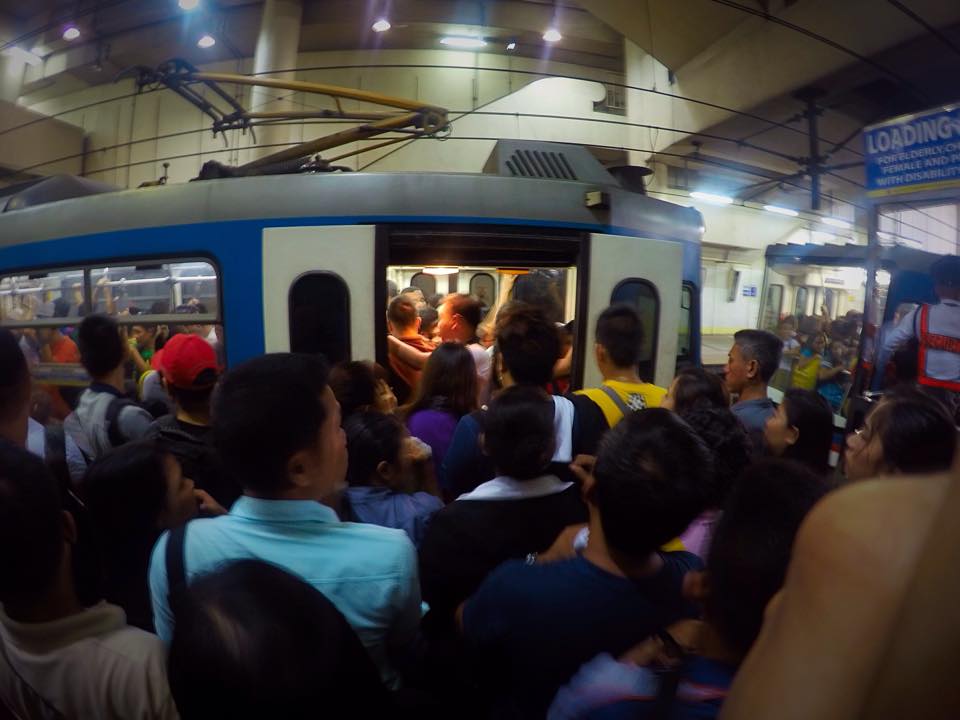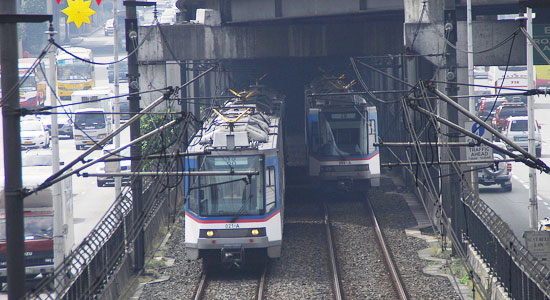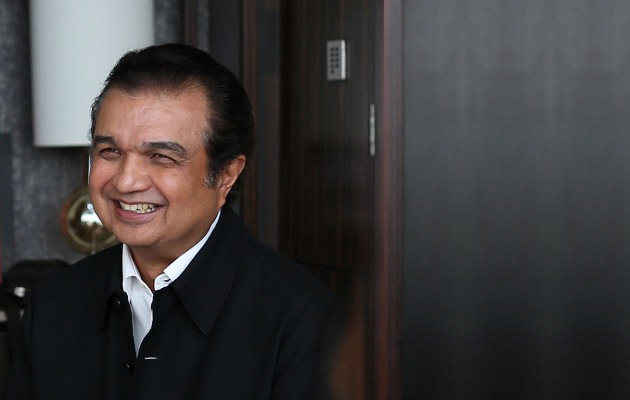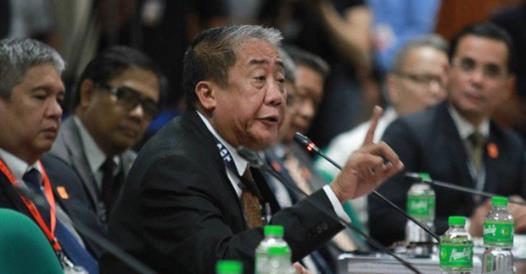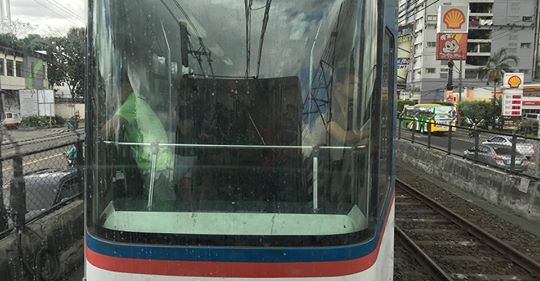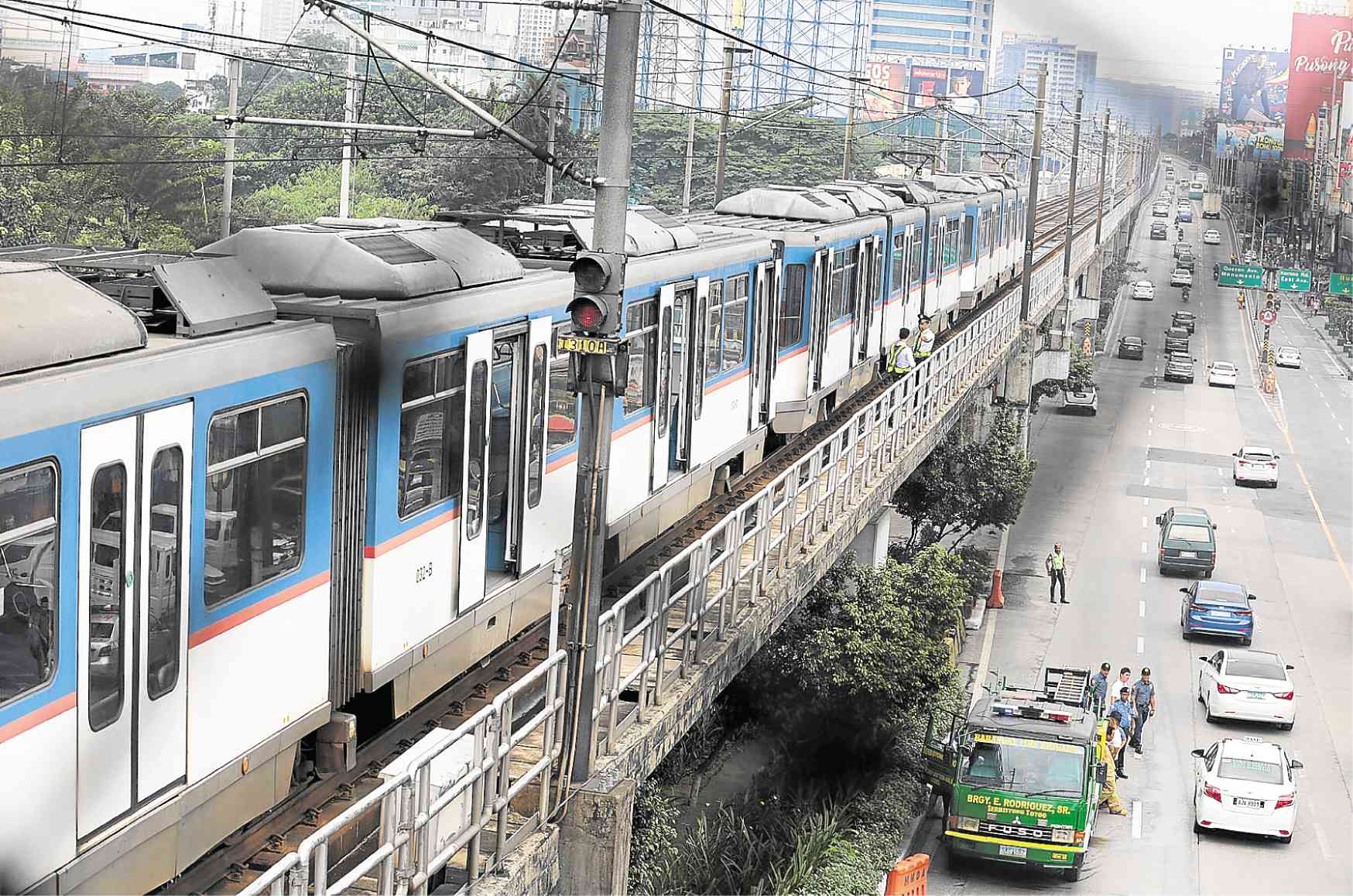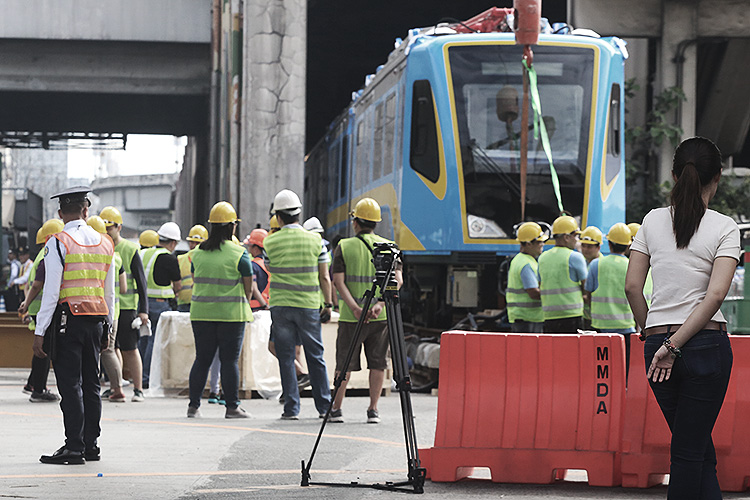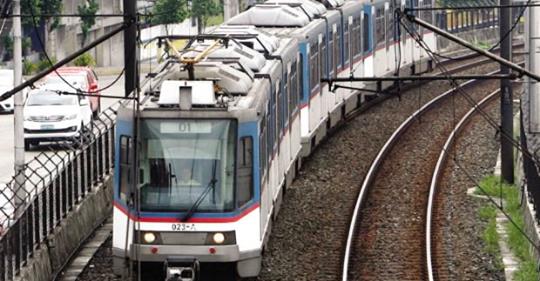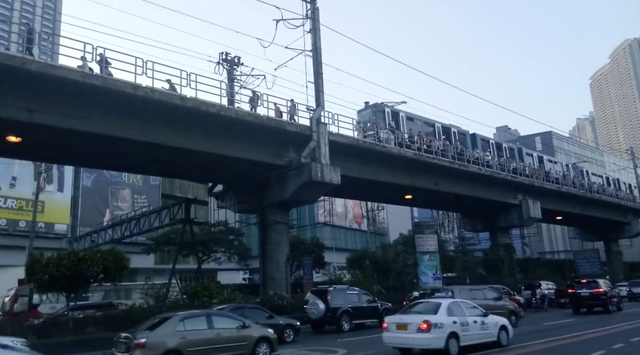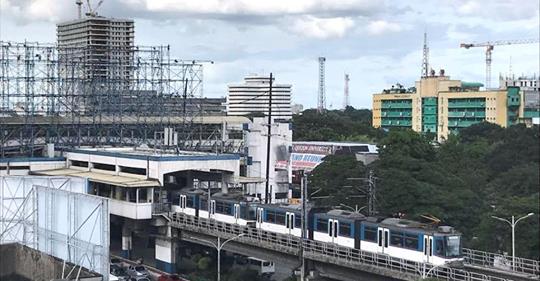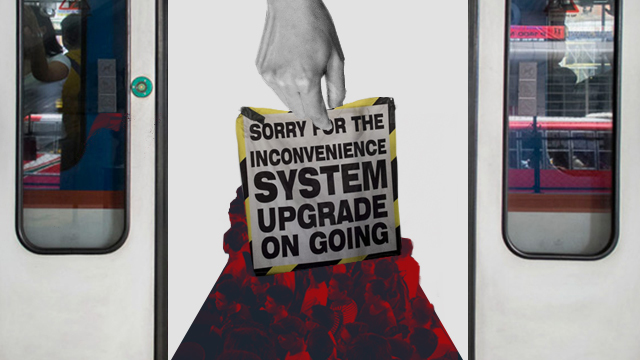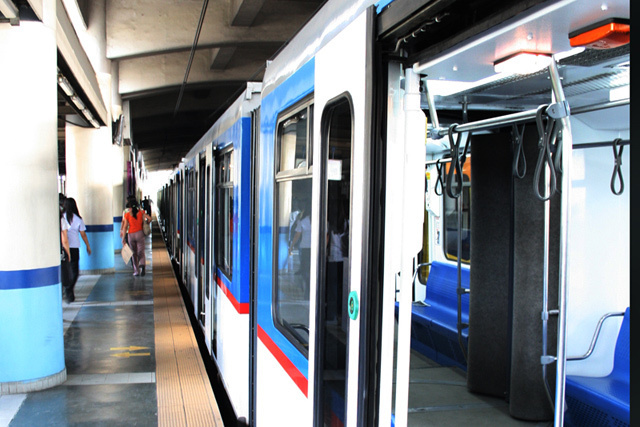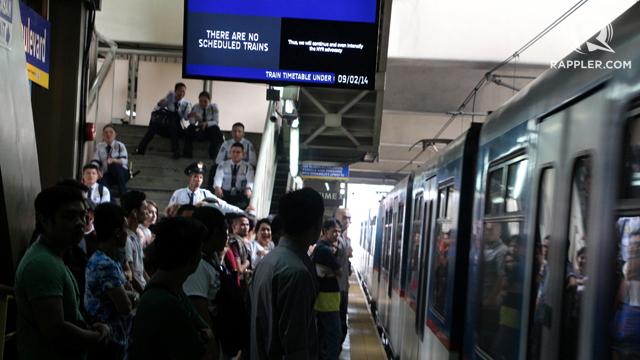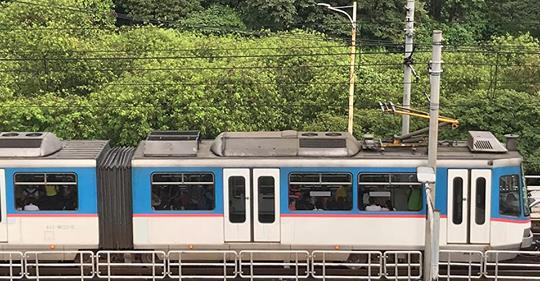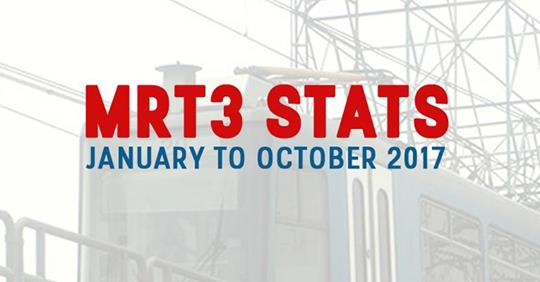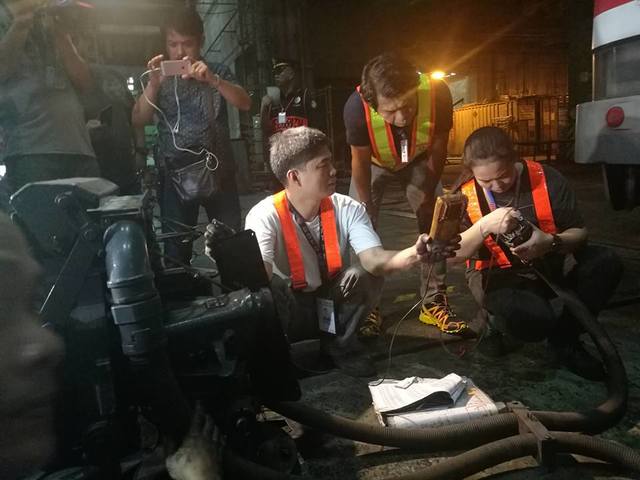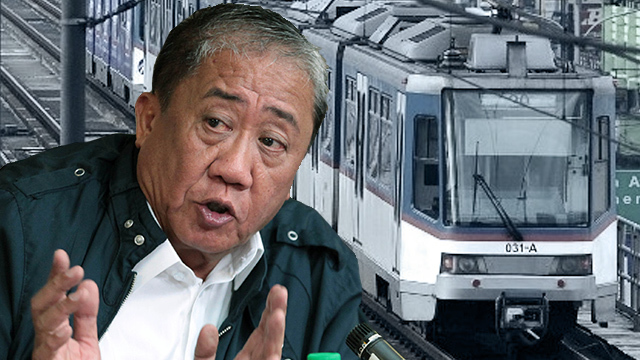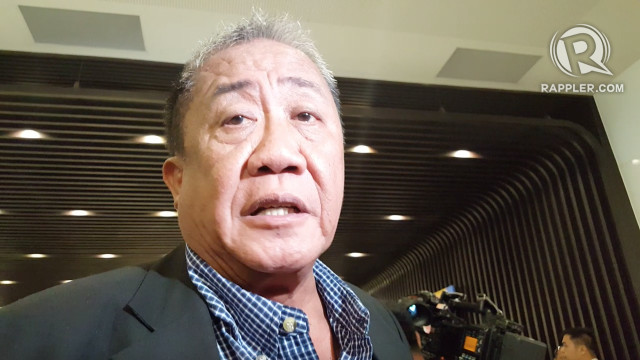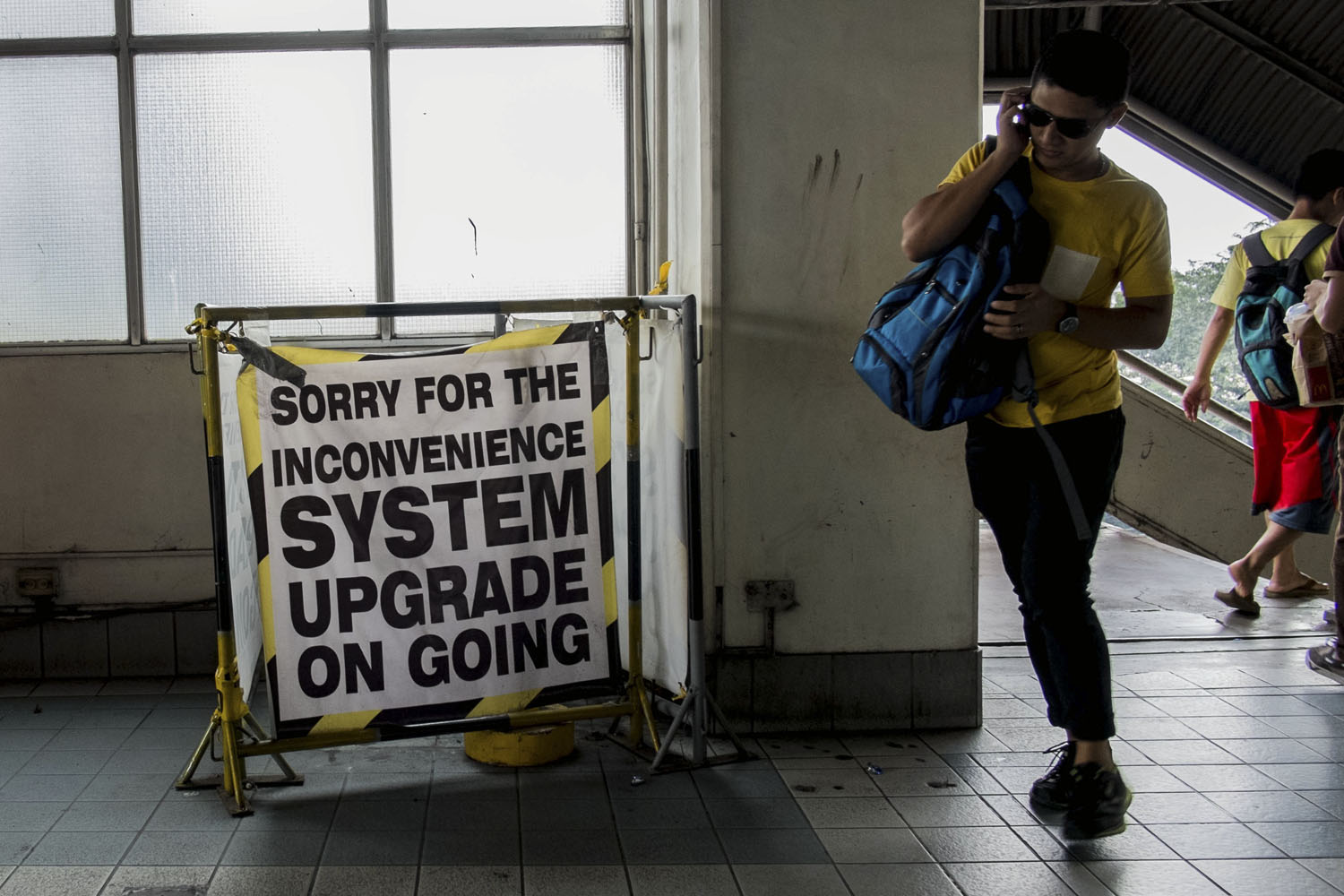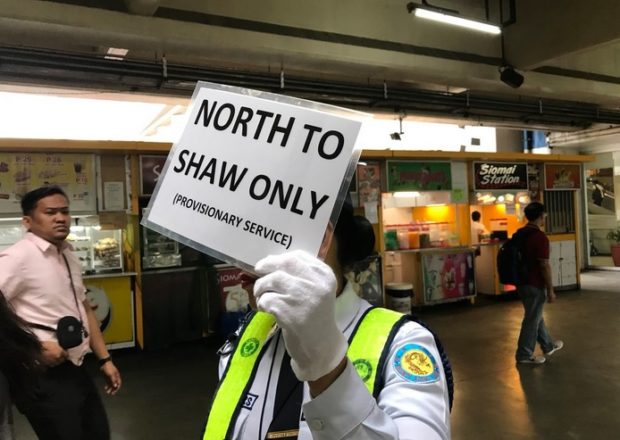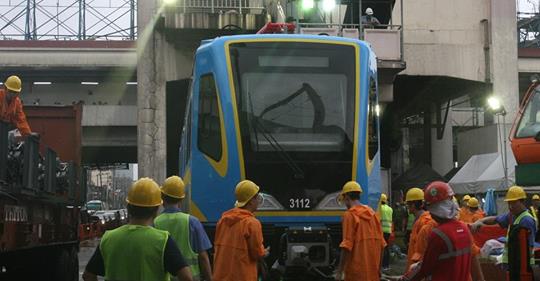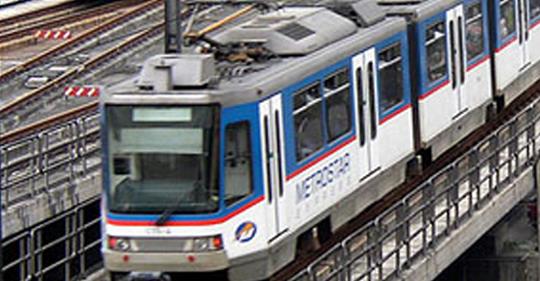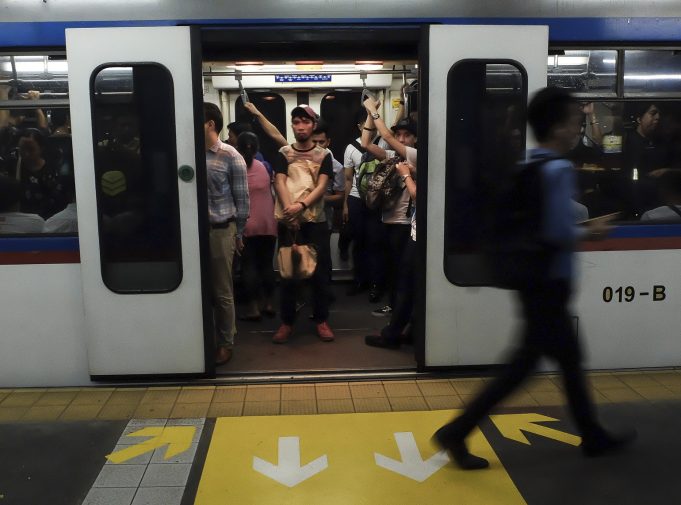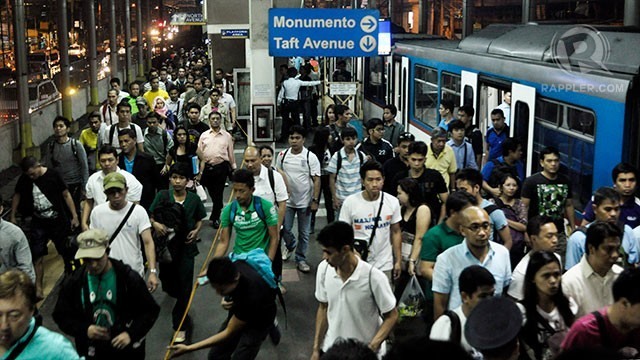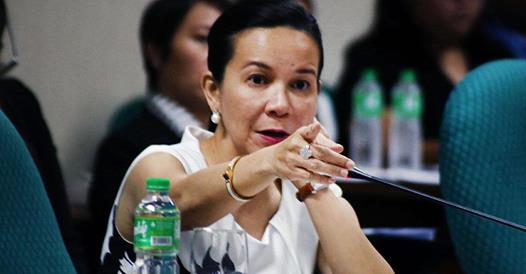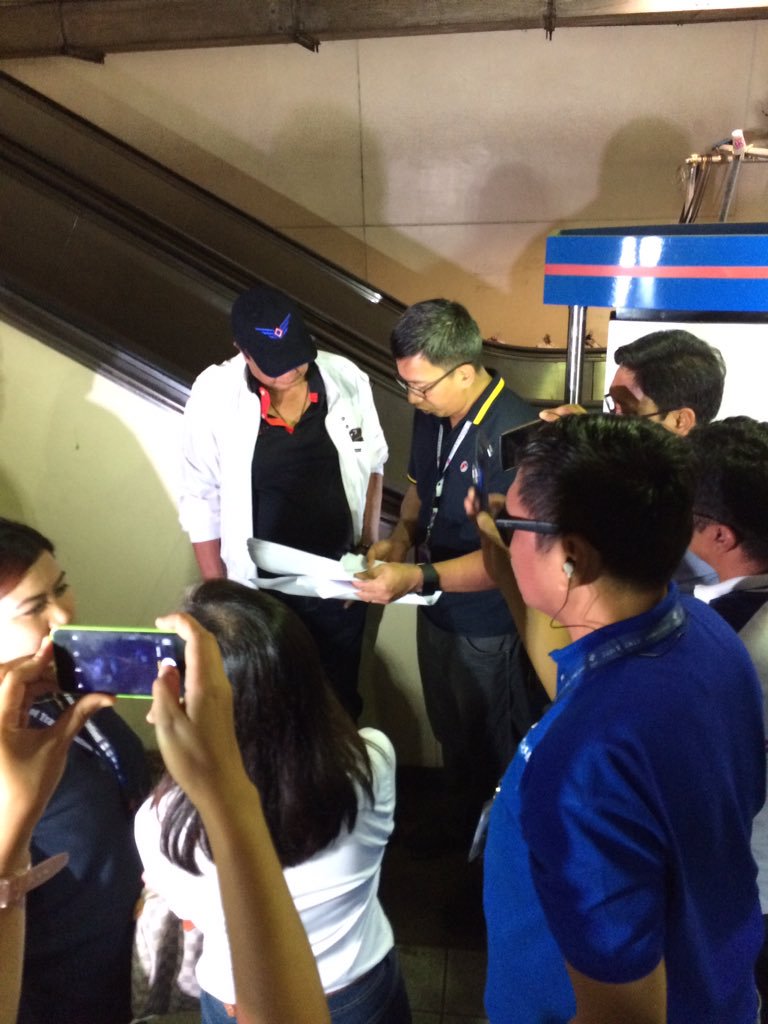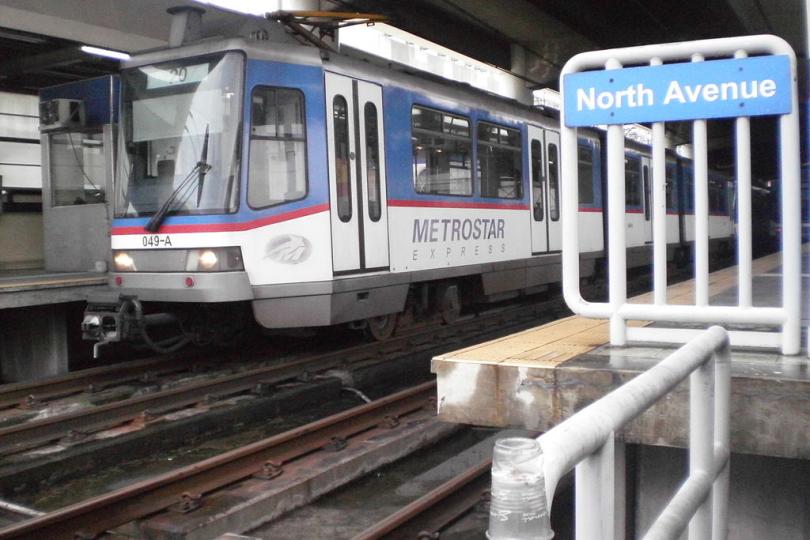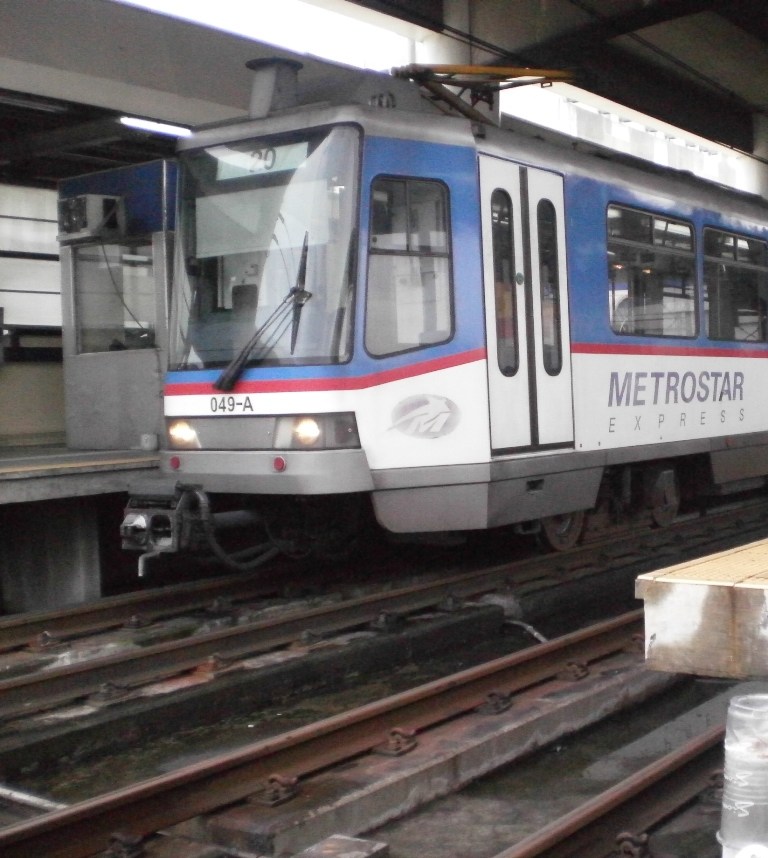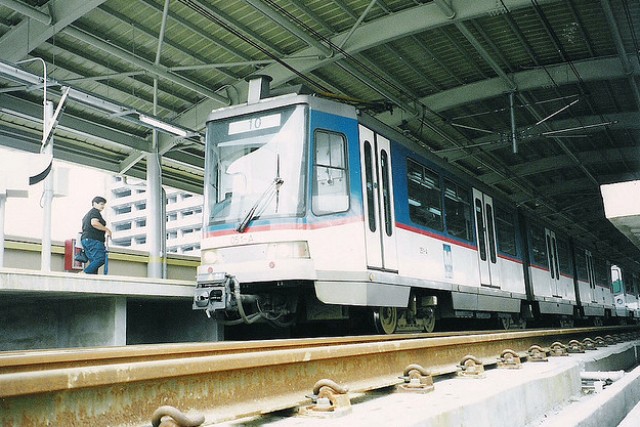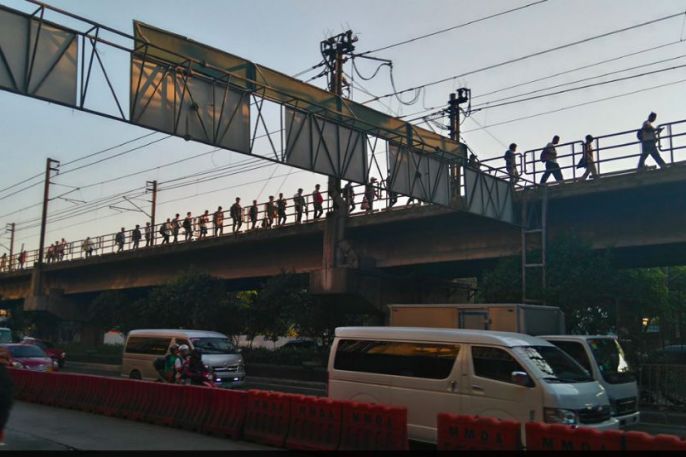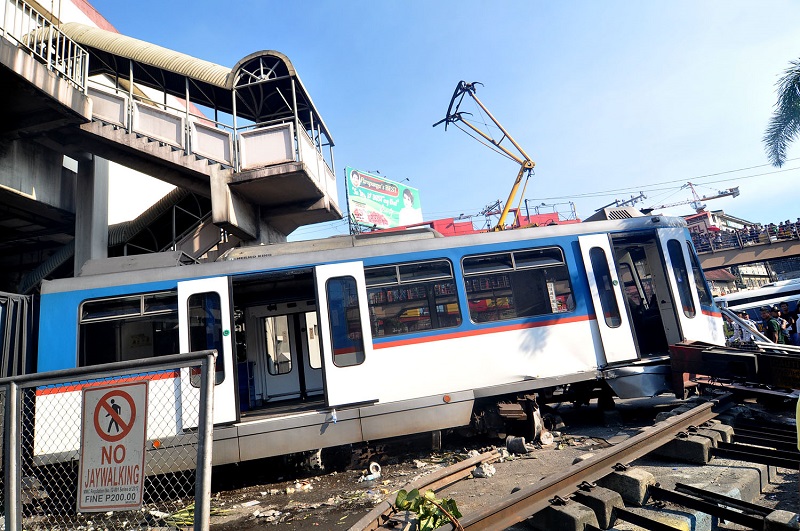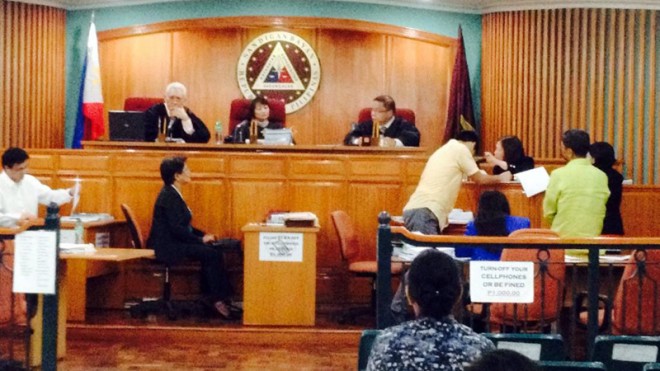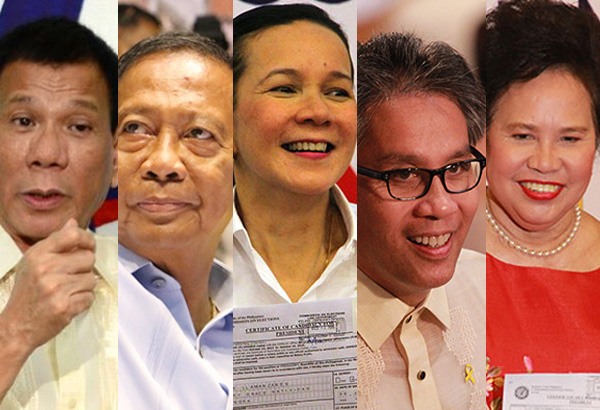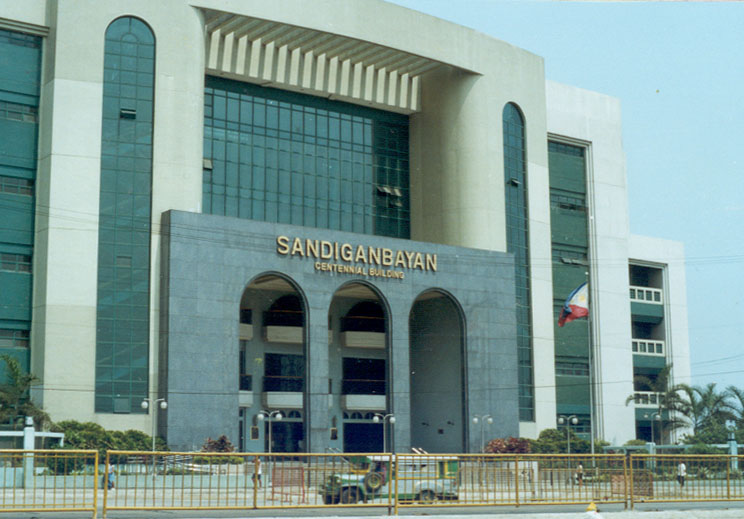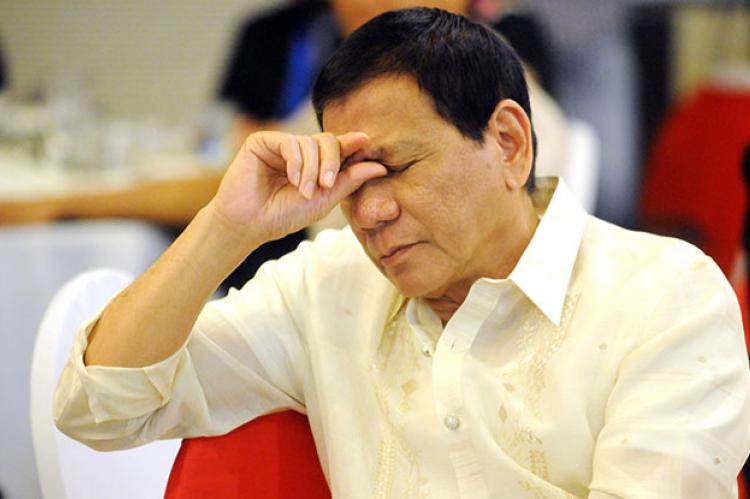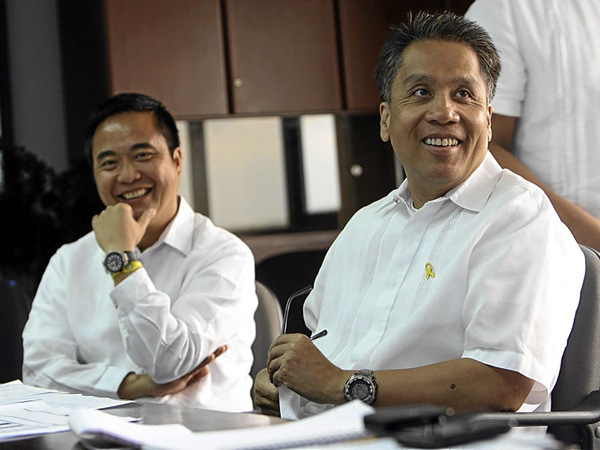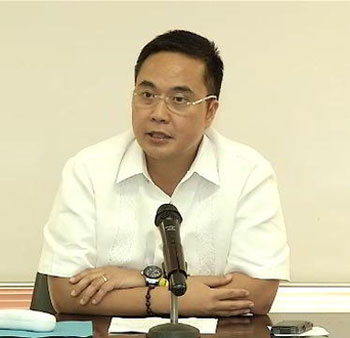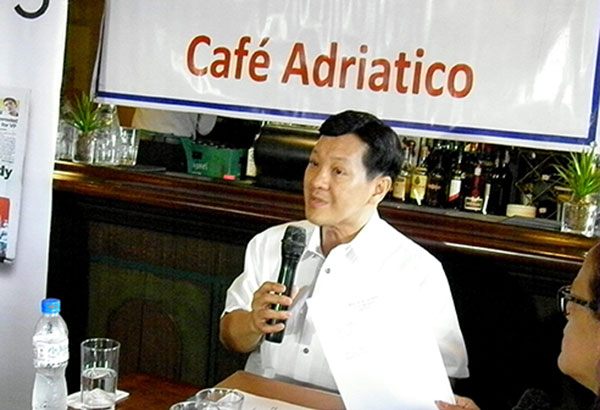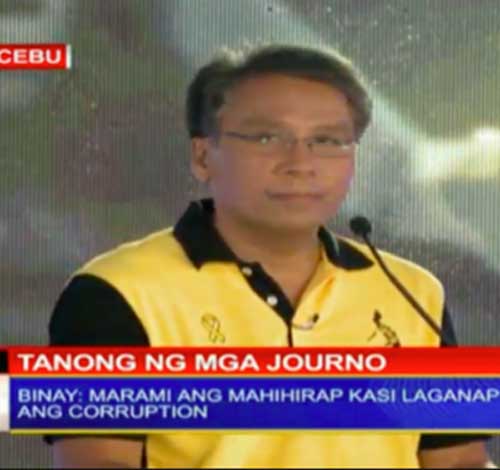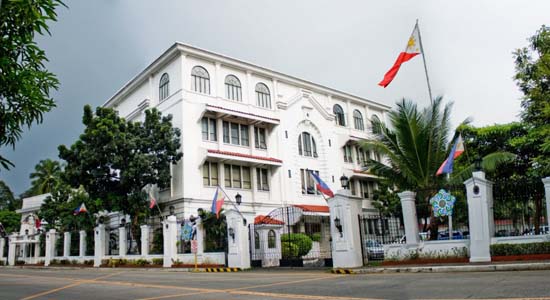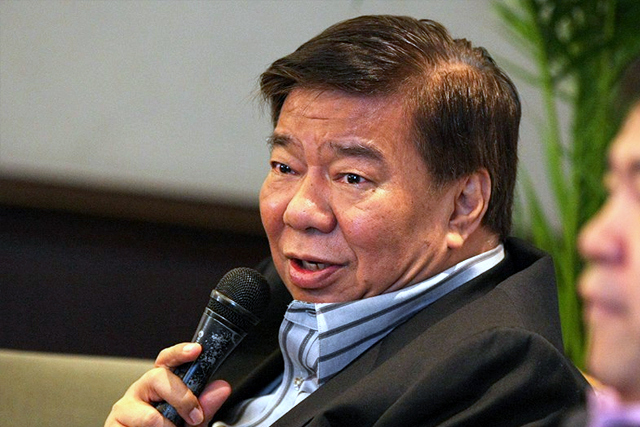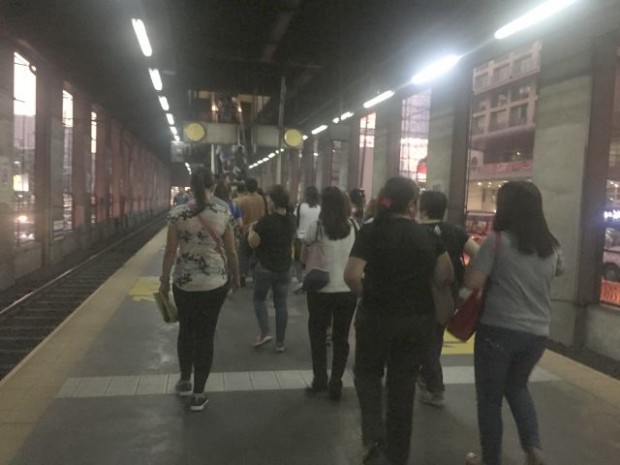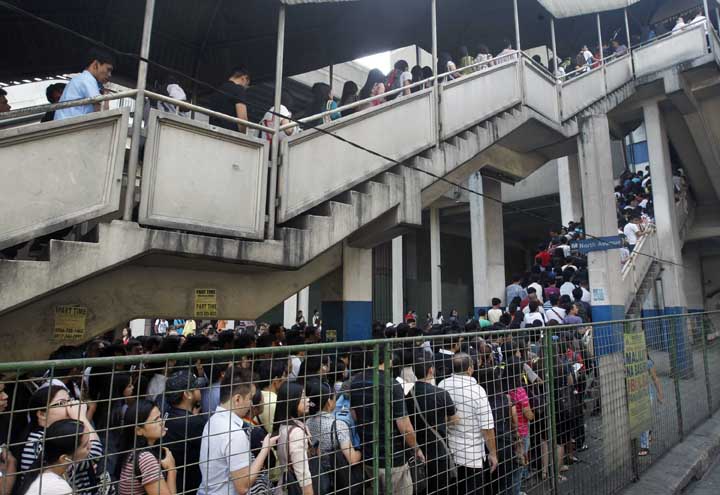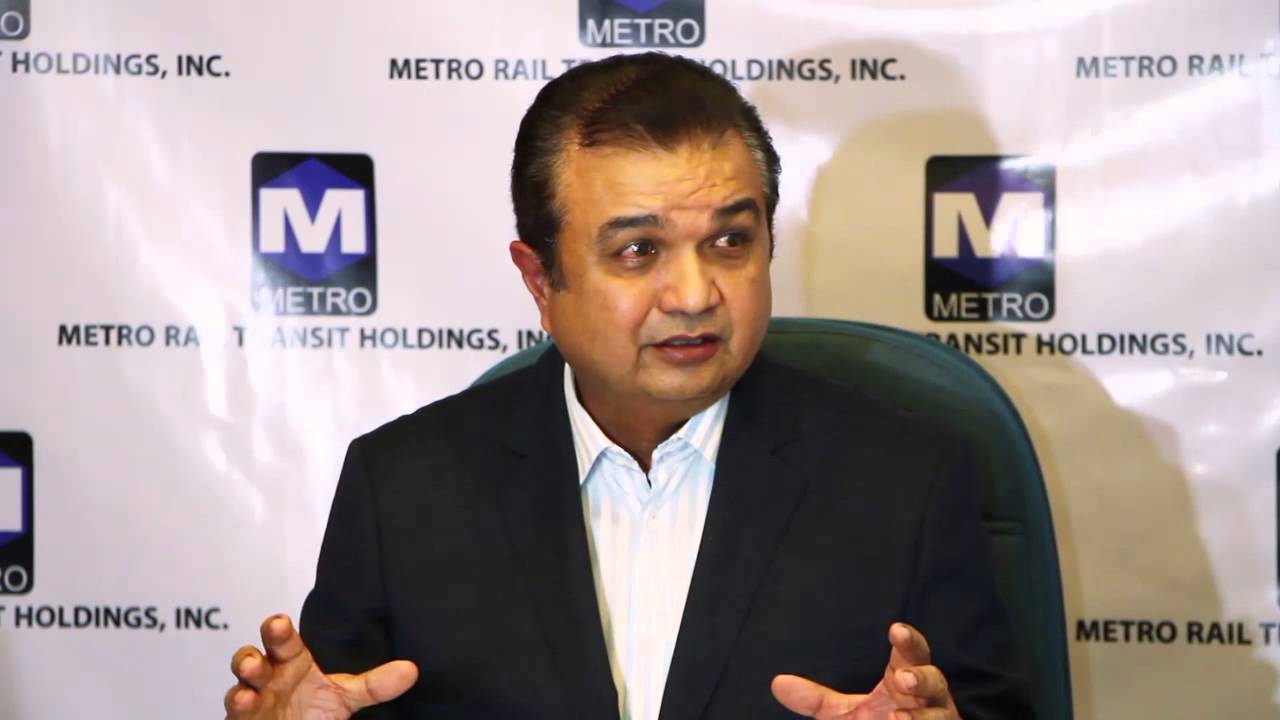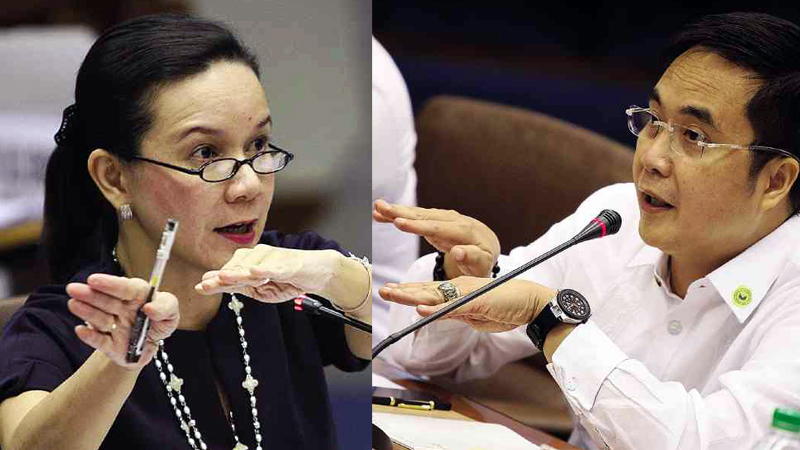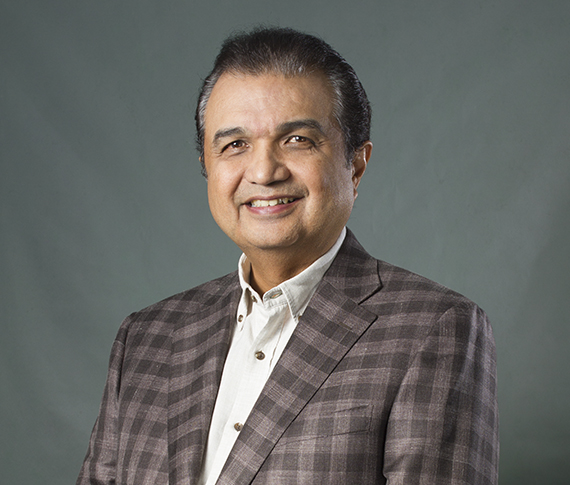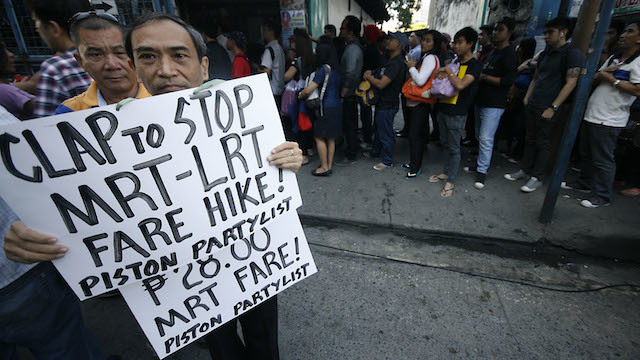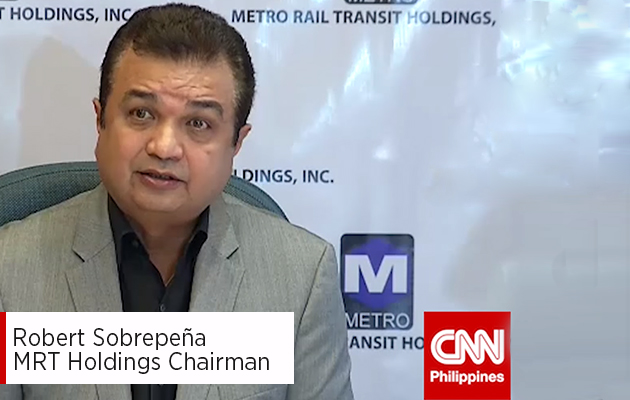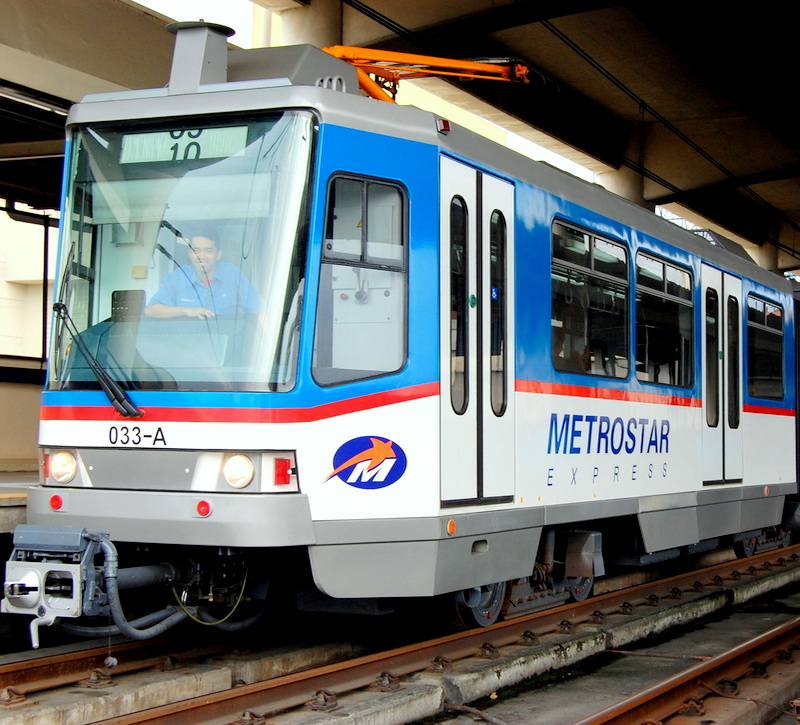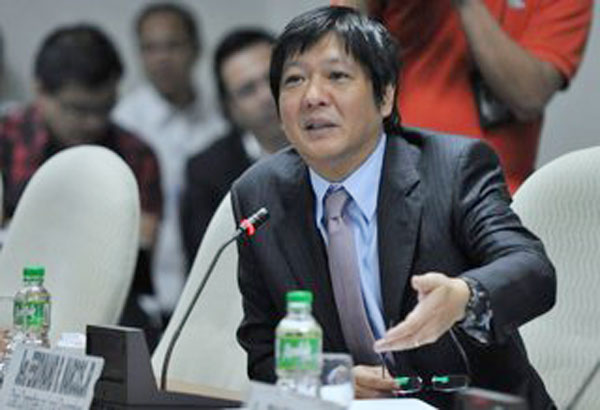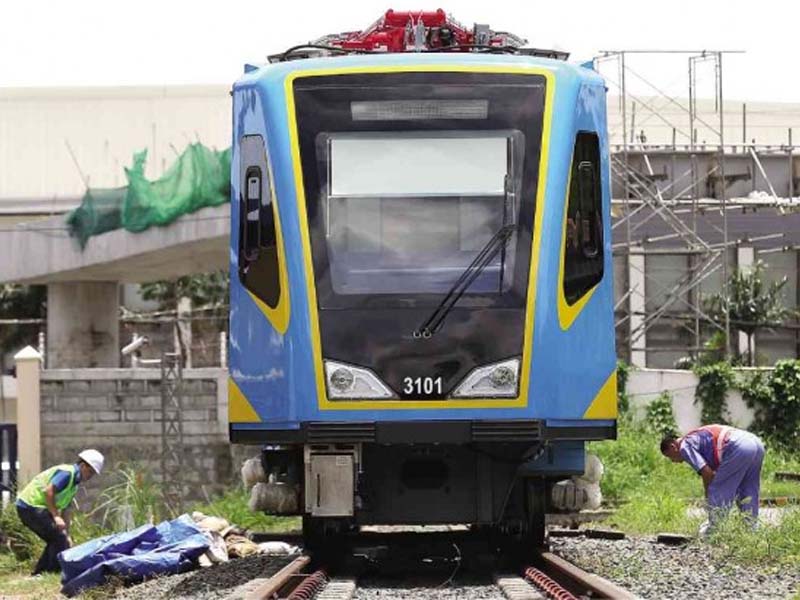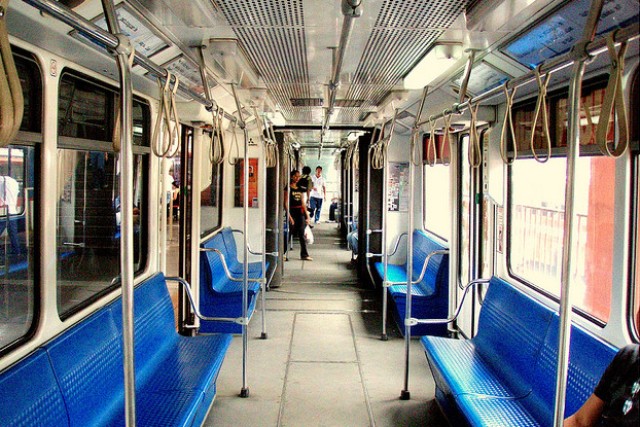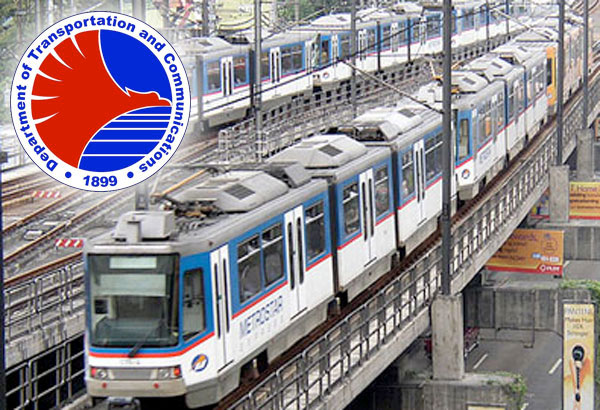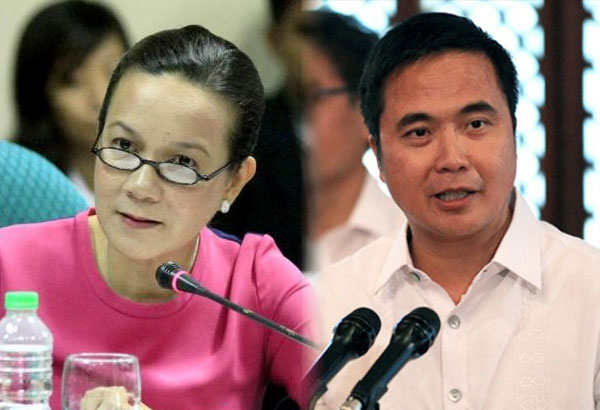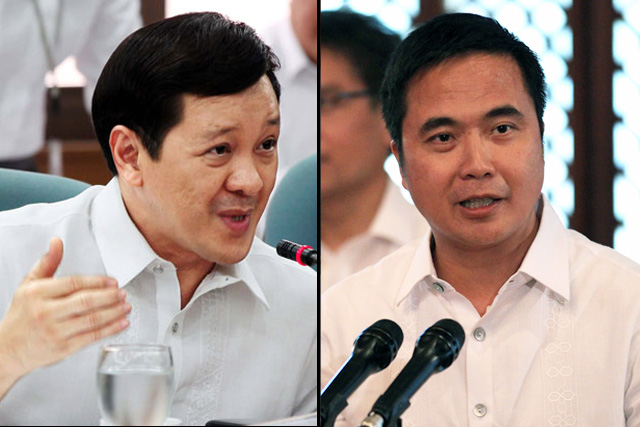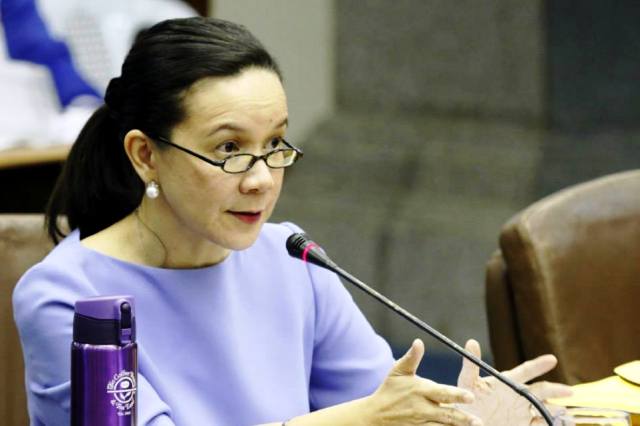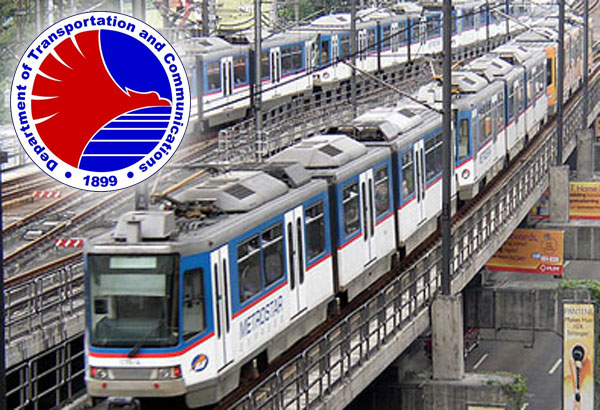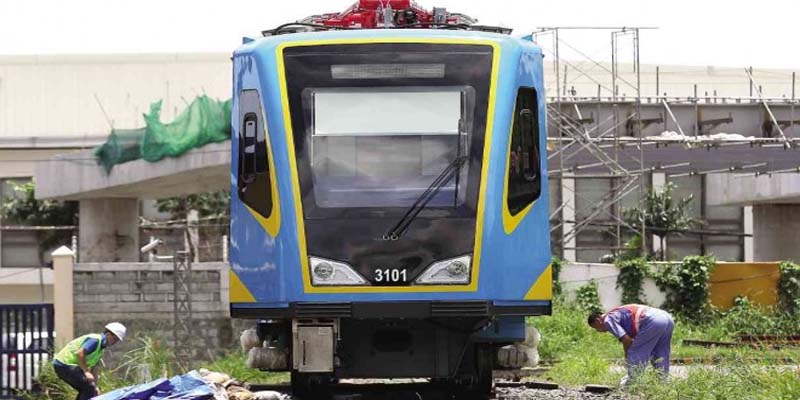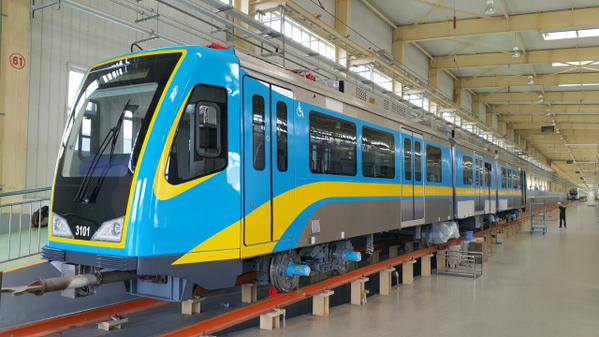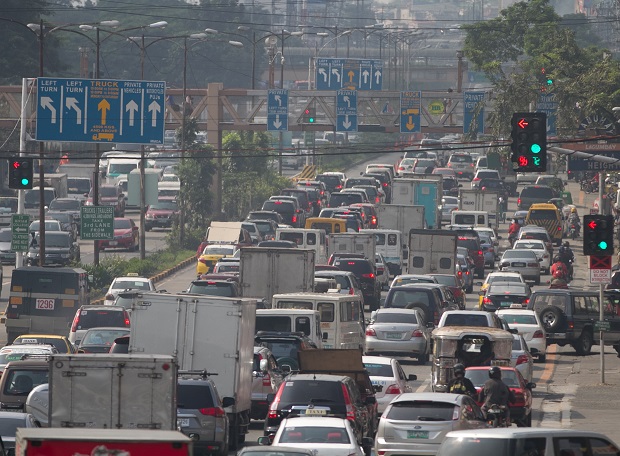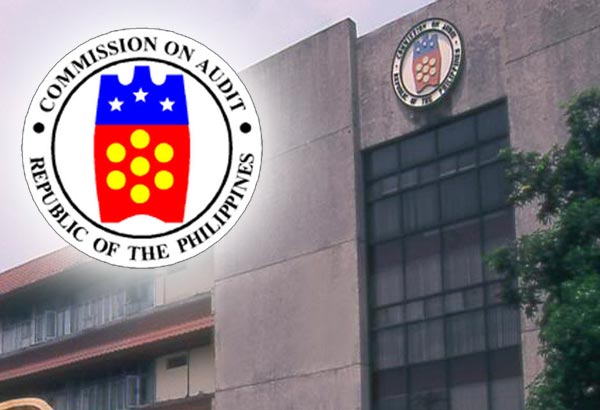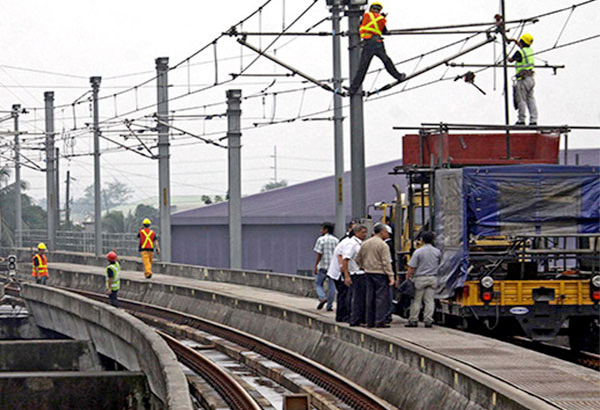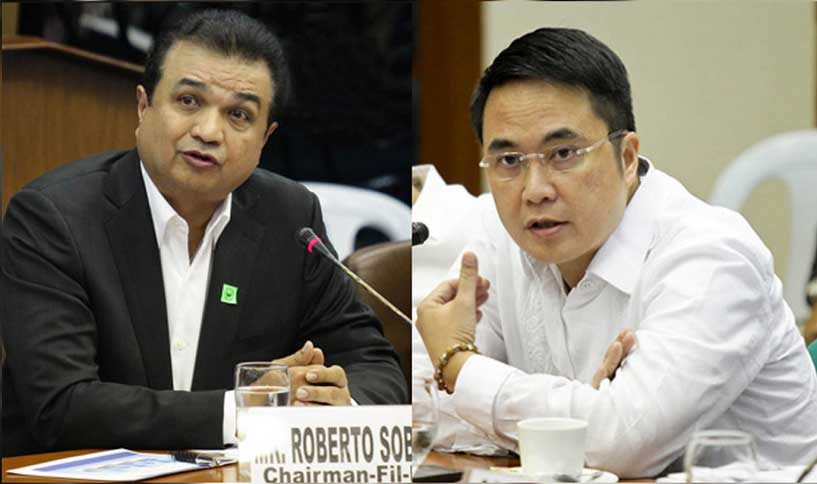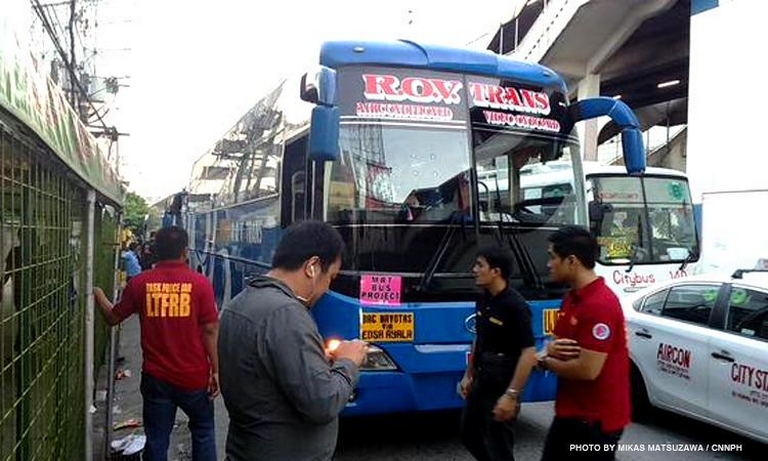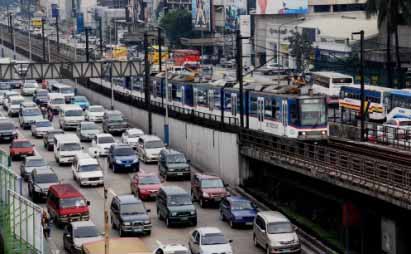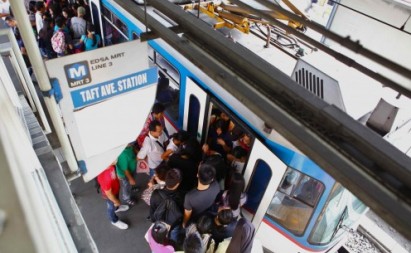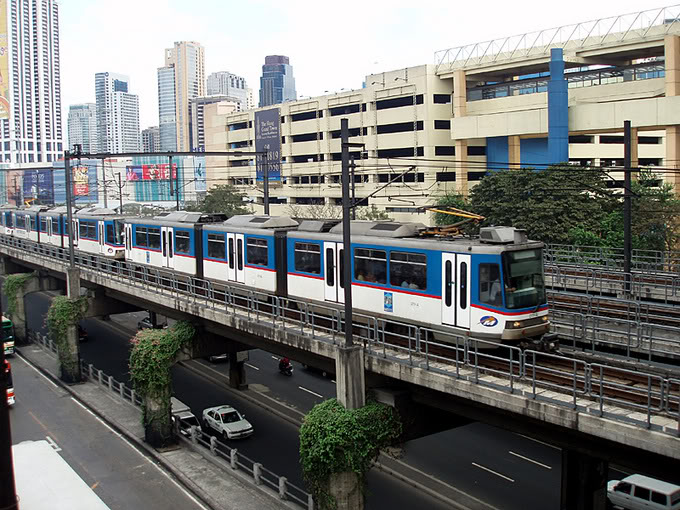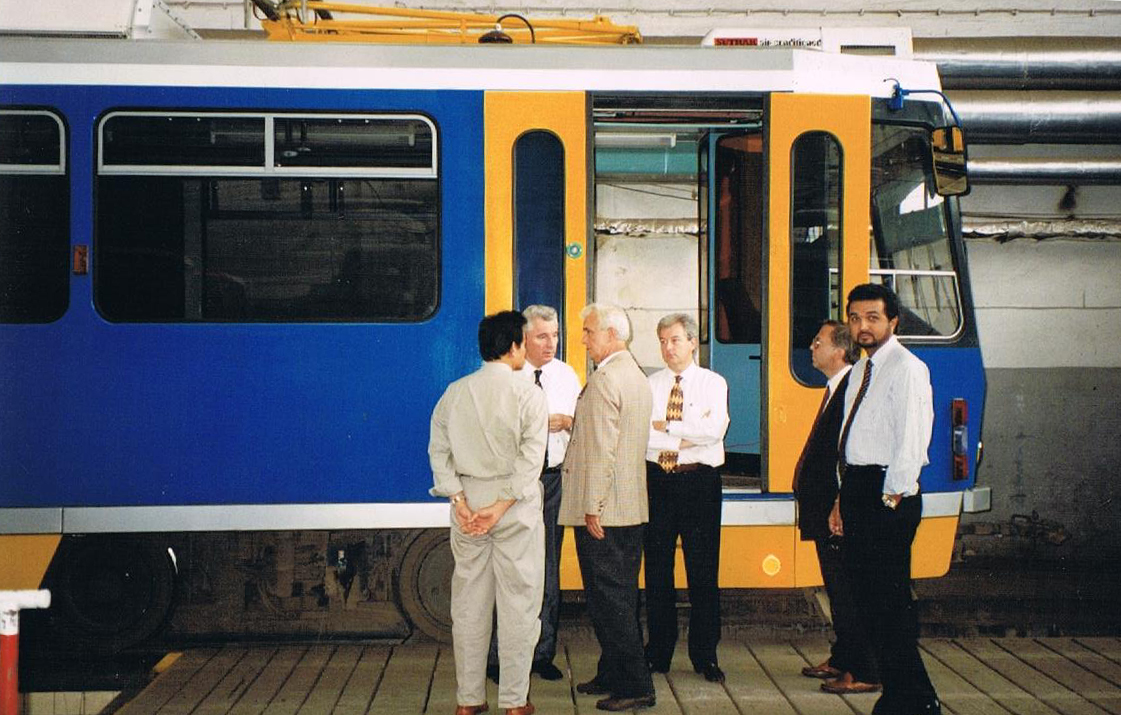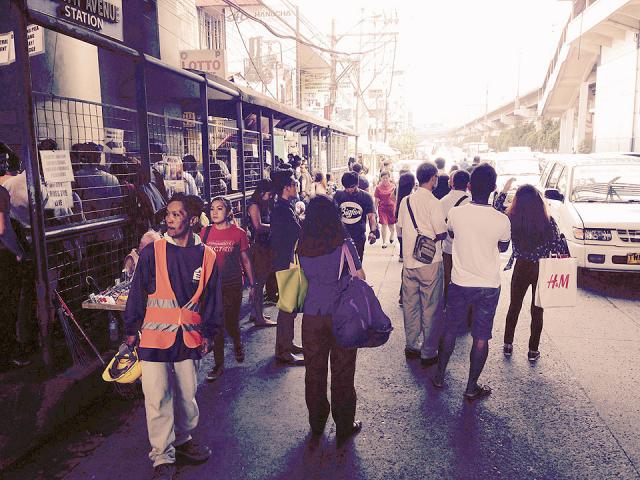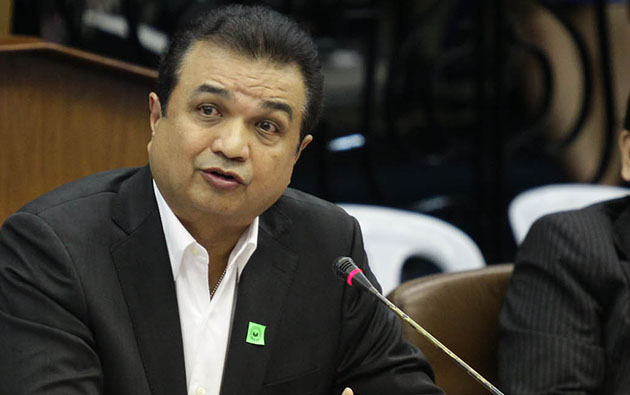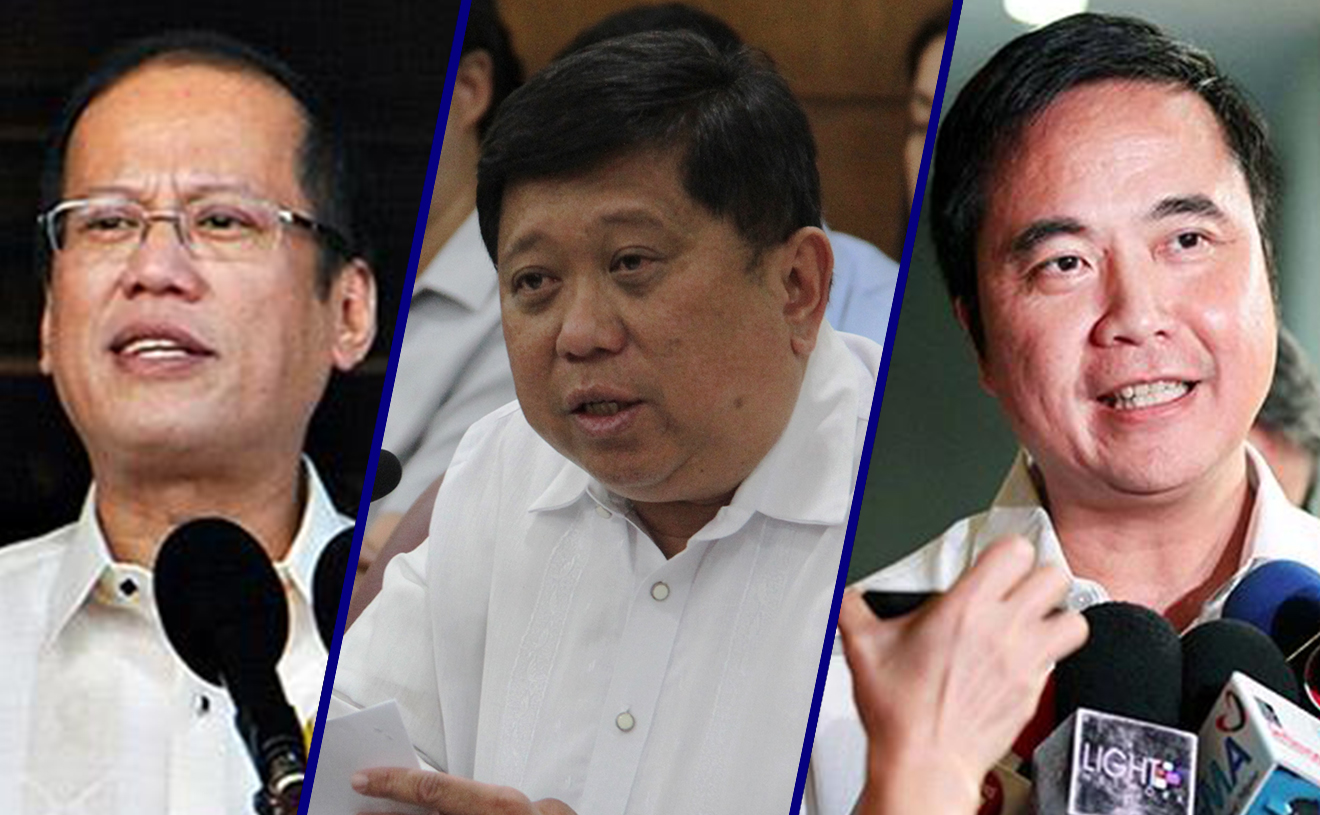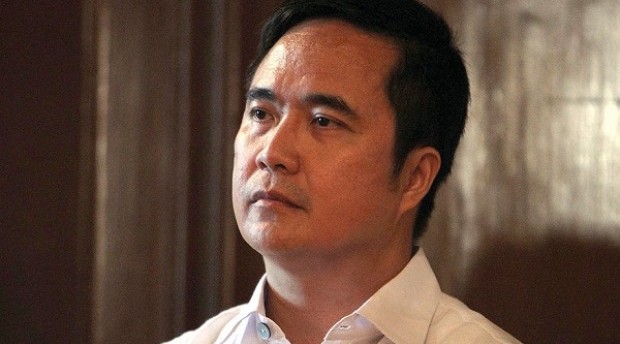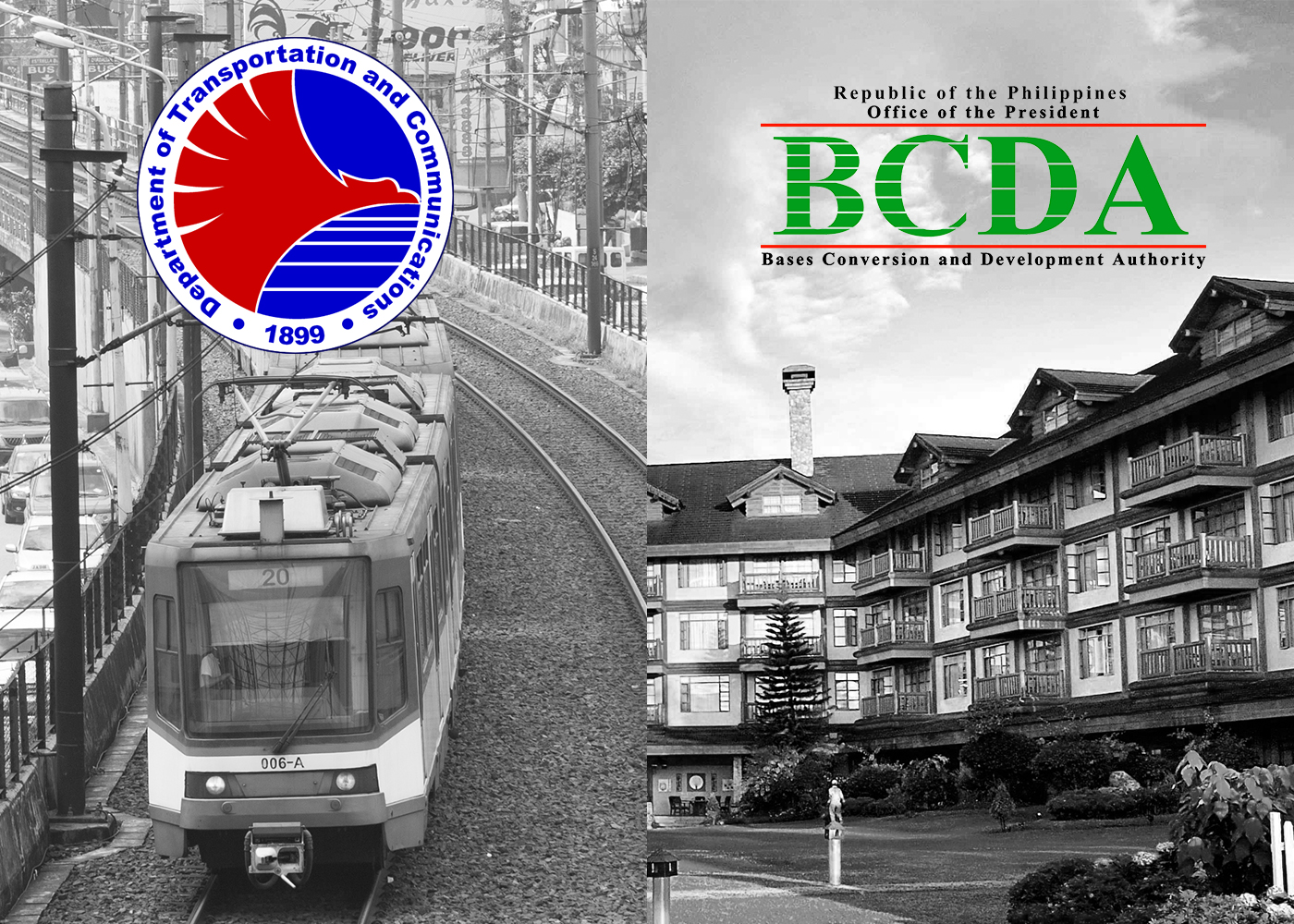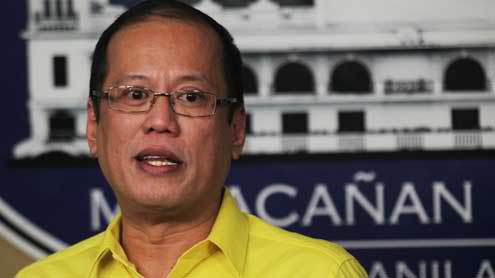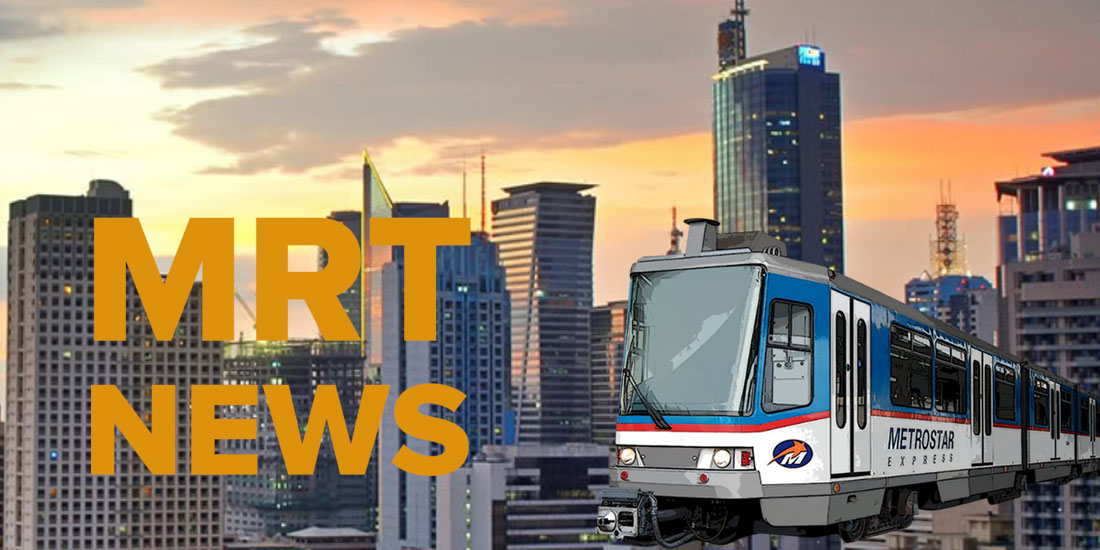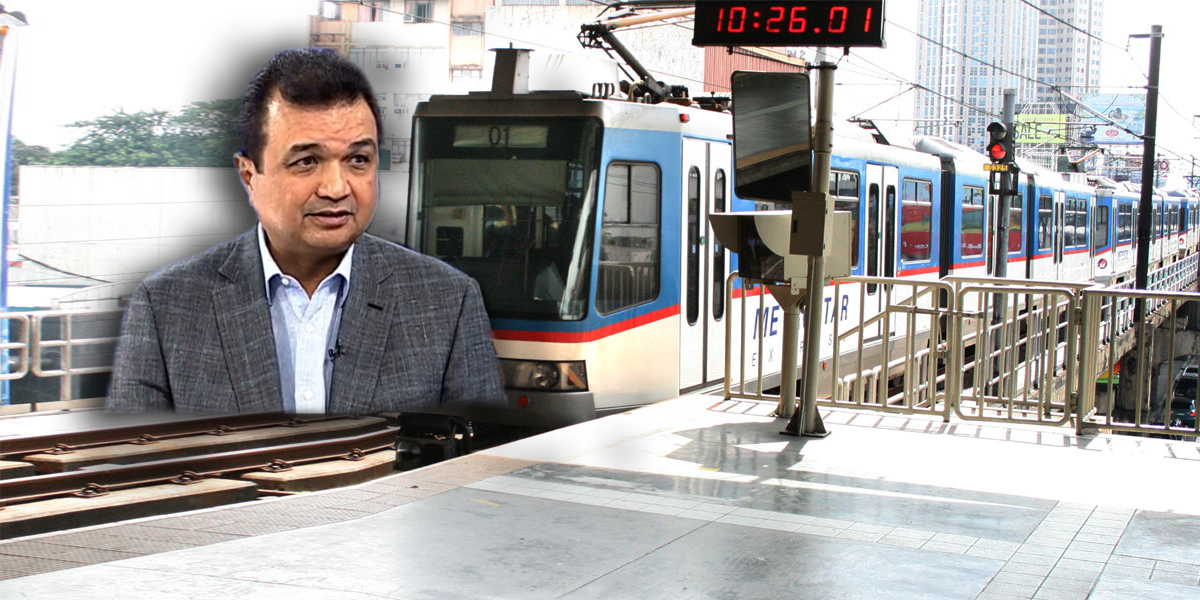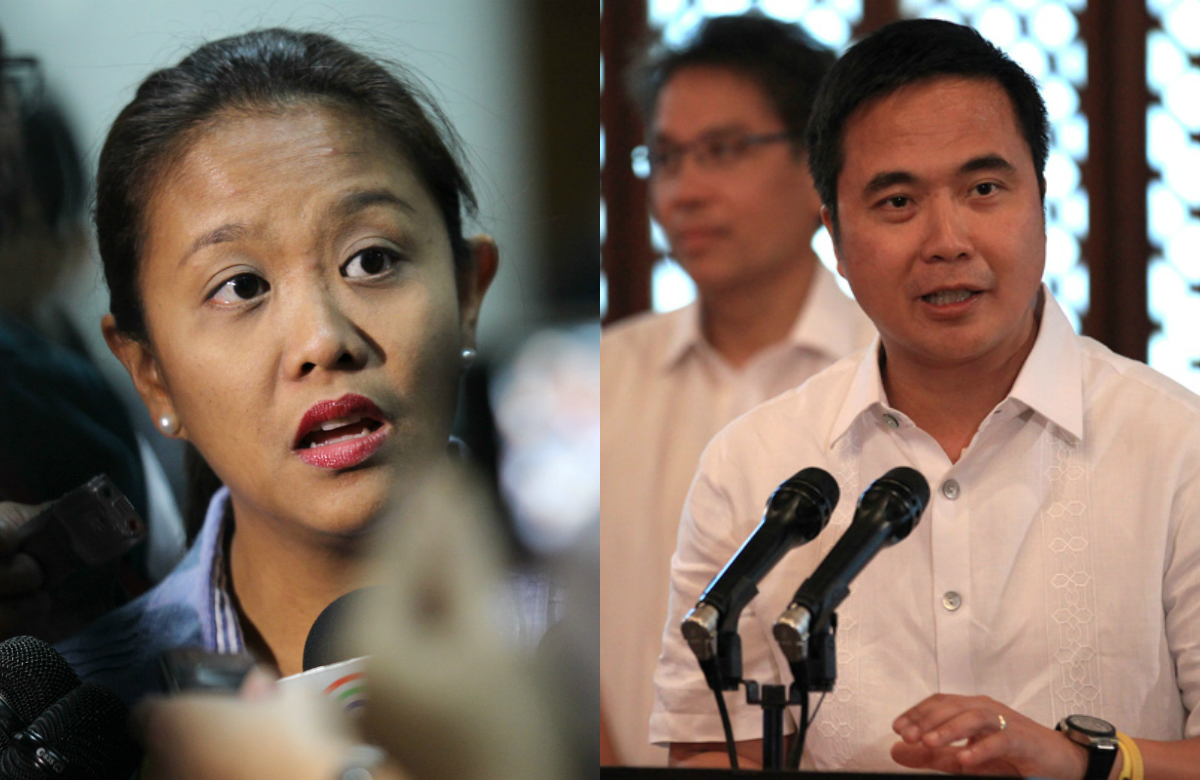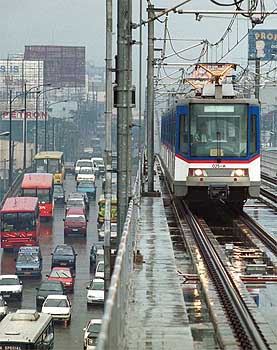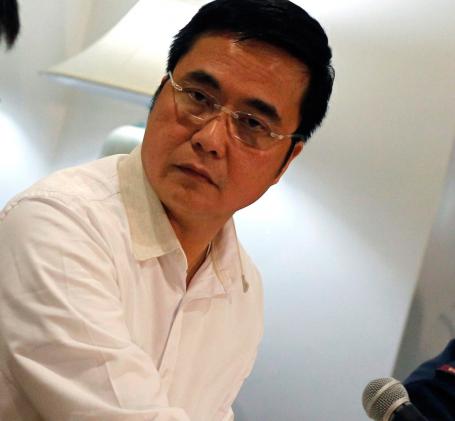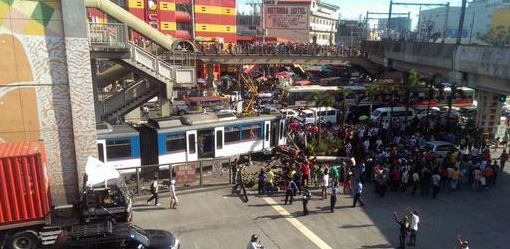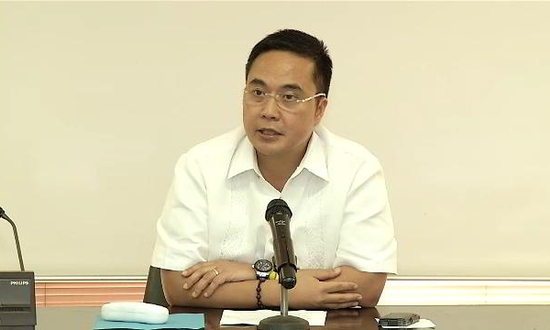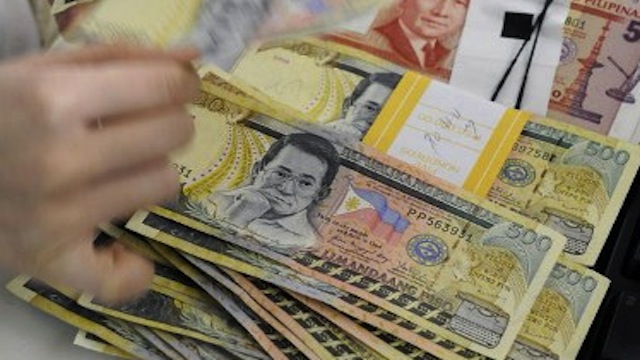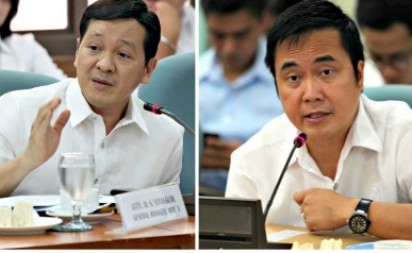By Business World | March 20, 2016
When I hear candidates say that when they are elected, the government will do this and will do that, I laugh. For example, on the problem of low agricultural productivity and rural poverty, we hear that the solutions proposed by candidates are for the government to increase its budget for agriculture, offer subsidized agricultural credit, or build more farm-to-market roads.
Obviously, these candidates would like us to forget the fertilizer scam and the Napoles scams were coursed through the Department of Agriculture. Or that the high rice prices were caused by the DA limiting rice imports.
Government is the problem. It’s not the solution. Government should do less, by focusing on providing public goods, such as policy and regulation, rather than doing an economic activity itself.
I have always said that the government -- the Philippine government, that is -- is a reverse King Midas. Anything it handles turns to crap. Exhibit No. 1 is the MRT. Its maintenance and operation has gone downhill since government took over.
How about those institutions or agencies that are run by the government or used to be run by government? Weren’t they inefficient, riddled with graft and corruption? PNR? Check. NAWASA? Check. Channel 9 and 13? Check. Airports? Check. National Food Authority? Check.
This is why the Left’s knee jerk solution of nationalization to every problem so laughable and so nonsensical that it has made them irrelevant politically. Higher oil prices? Nationalize the oil industry. Higher electricity prices? Nationalize Meralco. Poor MRT service? Nationalize it... err, it’s already nationalized.
Does the Left think that Jose Maria Sison will be a better manager who can prevent higher prices? Or, do they prefer Joseph Emilio A. Abaya, the government official who gave no car plates, no license cards, and no MRT, to run things? Or, maybe Agriculture Secretary Proceso J. Alcala, he of the high rice prices and the garlic cartel?
It’s not only the Left that’s guilty of this kind of thinking. Even international development agencies and foreign governments suffer from such wishful thinking. It assumes that government will always do the right thing. For example, if the government just had more money or more grants, it can provide more assistance to agrarian reform communities and make them highly successful.
Well, I have news for these guys: government had and has the money, except that it’s dissipated in the fertilizer scam, Napoles scams, and all kinds of scams. We just have to accept the fact that we have an inefficient, corrupt and weak state and should craft solutions around this fact. (More on this later).
In 2008-2009, when the financial crisis hit the US and capital fled the country, some economists called for Keynesian pump priming to counter the lower investment demand. That’s the correct abstract, by the book answer, but given the inefficiency, corruptibility, and incompetence of our state, Keynesian pump priming will just prime the pockets of government officials.
The Marxists say “concrete analysis of concrete conditions.” A wise maxim, but many, including international development agencies, forget this. Just because land reform worked in South Korea, Japan or Taiwan, they think it will work here. Wrong. Particular conditions made it work in those countries. Communist rural insurgencies were a threat after World War II and to overcome these threats, the respective states in South Korea, Japan, and Taiwan, had to make rural land reform work, even to the extent of subsidizing it via financial repression (giving below market interest rates to savers and chaneling the money to rural development). Besides, those states were smart enough to limit land reform to rice alone and only for a limited duration. In other words, those states were efficient, motivated, and competent, which is not the case here.
If government is the problem and not the solution, what do we do? We have to let the market do the work.
In agriculture, for example, instead of the government giving out fertilizers, it should just make the environment hospitable for investments. At least CARP has ended, thank God, and the uncertainty it brings. However, it should free the rural land market so that the magic of the market will ensure change toward greater agricultural productivity.
This means lifting the restrictions that prevent rural land from going to the “highest and best use.” For CARP lands, this means allowing beneficiaries to enter into long-term leases or to sell the usufruct rights to their land so that more efficient farmers can take over, invest and scale. For agricultural patents, which number 2.5 million, this means removing the Commonwealth-era restriction of giving the patent-holder or his heirs an option to buyback the property within five years of alienation or sale. This onerous restriction makes agricultural patents toxic to bankers and to buyers of the land who want to make it more productive.
On the problem of deforestation, unsurprisingly, the government’s P7.2 billion national greening program to plant trees is a failure, according to the Commission on Audit. Instead, the market should be allowed to work its magic in deforestation. The government should give secure property rights to wood producers via the Sustainable Forest Management Act. In other words, incentivize the private sector to invest in tree plantation and forest regeneration.
Unfortunately, the Aquino administration went totally in the opposite direction and imposed a total log ban, which not only scared off investors, but also encouraged illegal logging and rampant corruption. This is another example of the government being the problem, instead of the solution.
On infrastructure, rolling out more PPPs or Public-Private Sector Partnerships on infrastructure projects is in the right direction, not just because the private sector can put its own funds at risk, but also because the private sector is more motivated to accomplish the infrastructure targets within a certain time frame and to operate and maintain it with efficiency.
However, the risk here is of market failure, which is high when there are only a few Philippine-controlled firms bidding for these projects again and again (and perhaps colluding). This is why it’s important to remove the foreign ownership restrictions in the Constitution -- so that there will be more private players bidding for these projects.
If you hear candidates promising to have the Philippine government fix all the problems, take it with a grain of salt. Government is most often the problem, and not the solution. It should instead harness the forces of the private sector and focus on ensuring a level playing field.
Calixto V. Chikiamco is a board director of the Institute for Development and Econometric Analysis. - Calixto V. Chikiamco
 Twitter
Twitter Facebook
Facebook